News
Vacancy: Receptionist
Vacancy: Receptionist
Institution: International Peace College South Africa (IPSA)
Location: Cape Town, South Africa
Position Type: Fixed-term contract (2 years)
Remuneration: Negotiable, commensurate with qualifications and experience
The International Peace College South Africa (IPSA) invites applications for the position of Receptionist. This role provides professional front-line support to students, academic staff, parents, service providers and the public. The successful candidate will support student administration, academic operations and institutional communications. The position forms part of IPSA’s commitment to ethical conduct, academic excellence and student-centred service.
Minimum Requirements
- National Senior Certificate (Grade 12) or equivalent (NQF Level 4).
- A Certificate or Diploma in Office Administration, Business Administration, Customer Service or related qualification (NQF Level 5 or higher) will be advantageous.
- At least two years’ administrative, receptionist or front-office experience. Experience in a school, college or university environment will be an advantage.
- Strong verbal and written communication skills in English. An additional South African language will be advantageous.
- Computer literacy in Microsoft Office and comfort working with information systems, emails and basic data capturing.
Key Responsibilities
- Serve as the primary point of contact for telephone, email and walk-in enquiries.
- Provide accurate and professional information regarding academic programmes, admissions processes and institutional procedures.
- Direct calls and enquiries to relevant academic and administrative departments.
- Assist with admissions and student registration processes, documentation and enquiry handling.
- Maintain front-office records such as visitor registers, student query logs and appointment schedules.
- Support academic events and administrative activities such as orientation, examinations and graduations.
- Provide basic document administration, filing and distribution of internal communication.
- Handle front-office logistics including mail receipt, deliveries and access control for visitors.
- Assist with meeting preparation and take minutes where required.
- Uphold professional standards, confidentiality and institutional values in all communication and conduct.
Desired Skills and Competencies
- Strong interpersonal and communication skills suitable for students and the public.
- Professional telephone manner and confident written communication.
- Ability to manage busy periods calmly, especially during registration and examinations.
- Time management, accuracy in documentation and attention to detail.
- Ability to maintain confidentiality and handle sensitive student information with discretion.
- Friendly, service-oriented attitude aligned with an academic institution.
- Ability to work collaboratively with administrative, academic and support units.
Additional Advantages
- Knowledge of student management systems or CRM platforms.
- Experience with student admission cycles, records or examination logistics.
- Basic knowledge of customer service principles in an academic setting.
- Understanding of ethical conduct and institutional policies.
Why Join IPSA?
- Serve at a specialist academic institution that blends Islamic intellectual heritage with contemporary higher education.
- Work within a collaborative student-centred administrative team.
- Gain opportunities for professional development in academic administration.
Application Process
Interested candidates are invited to submit:
- A comprehensive CV
- Certified copies of academic qualifications
- A cover letter
- Names and contact details of three referees
Closing Date: 5 December 2025
Applications should be sent to: This email address is being protected from spambots. You need JavaScript enabled to view it.
Disclaimer: If you have not been contacted within three (3) months after the closing date of this advertisement, kindly consider your application unsuccessful.
For more information contact: IPSA CEO, Dr Dawood Terblanche, 074 151 4951.
Vacancy: Librarian
Vacancy: Librarian
Institution: International Peace College South Africa (IPSA)
Location: Cape Town, South Africa
Position Type: Contract (2 years)
Remuneration: Negotiable, commensurate with qualifications and experience
Working Hours: Full-time
The International Peace College South Africa (IPSA) invites applications for the position of Librarian. The role is vital to strengthening IPSA’s academic environment by providing access to quality information resources that support teaching, learning and research. The successful candidate will contribute to IPSA’s vision of revitalising the intellectual and spiritual dynamism of the Muslim community through the principle of wasatiyyah, nurturing authentic South African Islamic scholarship and supporting learners who will help build a just society locally and globally.
Minimum Requirements
- Matric, Bachelor’s Degree (NQF level 7) in Library and Information Science or equivalent qualification.
- Background in Arabic and Islamic Studies
- Minimum 3 years, experience in academic library services, research support and information management.
- Knowledge of library cataloguing standards, classification systems and digital library tools.
- Ability to train students and staff in information literacy, research skills and referencing.
- Experience in managing digital collections, academic databases and journals will be an advantage.
- Understanding of higher education library needs and academic ethics.
Key Responsibilities
- Manage daily library operations, library assistants and student support services.
- Develop and maintain print and digital collections with strong focus on Islamic Studies, Humanities and South African scholarship.
- Catalogue and classify resources using accepted international standards.
- Provide research support, information literacy training, referencing guidance and library orientation to students and lecturers.
- Administer borrowing systems, track overdue materials and ensure ethical use of resources.
- Manage subscriptions to journals, databases and other electronic sources.
- Develop policies that support library management, resource security and academic integrity.
- Compile library usage statistics, development plans and reports for management.
- Promote a research culture through workshops, displays, information sessions and academic resources.
- Ensure preservation, conservation and security of library holdings.
- Liaise with academic departments to align library resources with curriculum needs.
Skills and Competencies
- Strong communication, interpersonal and advisory skills.
- Excellent organisational ability with strong attention to detail.
- Competence in academic referencing systems such as APA, Harvard or Chicago.
- Ability to work independently, manage resources and meet deadlines.
- Familiarity with library software, research databases and digital cataloguing tools.
- Commitment to service excellence, academic ethics and institutional values.
Why Join IPSA?
- Support a unique blend of Islamic scholarship and academic excellence.
- Contribute to developing a vibrant research and learning culture in higher education.
- Work within a collaborative, student-centred environment.
- Opportunities for professional growth, training and research engagement.
Application Process
Interested candidates are invited to submit:
- A comprehensive CV
- Certified copies of academic qualifications
- A cover letter
- Names and contact details of three referees
Closing Date: 5 December 2025
Applications should be sent to: This email address is being protected from spambots. You need JavaScript enabled to view it.
Disclaimer: If you have not been contacted within three (3) months after the closing date of this advertisement, kindly consider your application unsuccessful.
For more information contact: IPSA CEO, Dr Dawood Terblanche, 074 151 4951.
Vacancy : Quality Assurance Officer
Institution: International Peace College South Africa (IPSA)
Location: Cape Town, South Africa
Position Type: Fixed-term contract (2 years)
Remuneration: Negotiable, commensurate with qualifications and experience
Working Hours: Full-time position
The International Peace College South Africa (IPSA) invites applications for the position of Quality Assurance Officer. This role is central to maintaining and enhancing the IPSA’s academic standards and compliance with national higher education regulations. The successful candidate will contribute to IPSA’s vision of revitalising the intellectual and spiritual dynamism of the Muslim community through the principle of wasatiyyah (the middle way), promoting an authentic South African Islamic heritage and preparing graduates to play a meaningful role in building a just society locally and globally.
Minimum Requirements
- A Master’s degree (NQF Level 9) in Education, Curriculum Studies, Higher Education Management, Quality Assurance, or a related field.
- A minimum of 5 years’ relevant experience in higher education quality assurance, accreditation processes, and programme development.
- Proven track record in drafting, submitting, and reviewing academic programmes in line with the Higher Education Qualifications Sub-Framework (HEQSF).
- Solid understanding of Council on Higher Education (CHE), Department of Higher Education and Training (DHET) and SAQA
- Experience in drafting and implementing institutional quality assurance policies and frameworks.
Key Responsibilities
- Programme Development & Accreditation: Lead the development, review, and accreditation of new and existing programmes in line with HEQSF.
- Quality Assurance Systems: Establish, monitor and refine quality assurance systems across academic and administrative units.
- Compliance & Reporting: Ensure full institutional compliance with CHE, DHET, and SAQA standards. Compile, analyse, and submit reports to management and regulators.
- Policy Development: Draft, review and implement policies that align with institutional goals and regulatory requirements.
- Capacity Building: Provide training, workshops and ongoing support to academic and administrative staff on quality assurance processes.
- Monitoring & Evaluation: Conduct internal audits, programme reviews, student feedback analysis and evaluation processes to maintain high academic standards.
- Strategic Input: Support the Academic Board and Executive Management in institutional planning, risk management and academic excellence initiatives.
- Research and Benchmarking: Engage in benchmarking best practices locally and internationally to enhance IPSA’s academic offering.
Desired Skills and Competencies
- Strong leadership and excellent communication skills.
- Analytical thinking with excellent report-writing abilities.
- Strong organisational and project management skills.
- Ability to work under pressure, meet deadlines and manage multiple projects.
- Familiarity with digital quality assurance tools and data management systems.
- Commitment to continuous improvement, ethical standards and institutional values.
Why Join IPSA?
- Be part of a growing institution that blends Islamic scholarship with modern academic excellence.
- Contribute to shaping higher education that is relevant to South Africa’s socio-cultural context.
- Collaborate with dynamic academic and administrative teams.
- Opportunities for professional growth and research engagement.
Application Process
Interested candidates are invited to submit:
- A comprehensive CV
- Certified copies of academic qualifications
- A cover letter
- Names and contact details of three referees.
Closing Date: 30 November 2025
Applications should be sent to: This email address is being protected from spambots. You need JavaScript enabled to view it.
For more information contact IPSA CEO, Dr Dawood Terblanche 0 74 151 4951.
IPSA GRADUATION 2022, for Class of 2021 was a Grand Affair!
HAFIZ MUZZAMMIL FAROOKI received the IPSA College Award for most outstanding student. May Allah bless him in his future studies & activities!
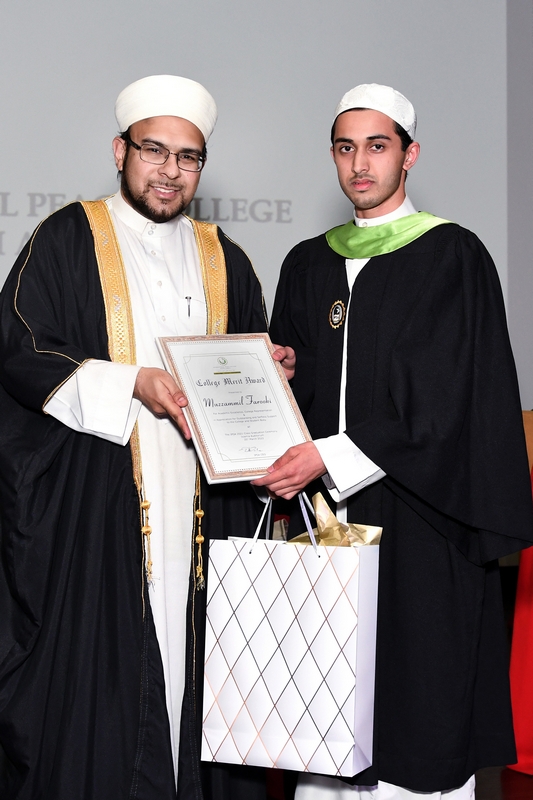
THE IPSA LIFETIME ACHIEVEMENT AWARDS:
In recognition and honour of individuals who significantly contribute/d to the South African Muslim community, in the field of Islamic Education. In this regard IPSA has instituted an “IPSA Lifetime Achievement Award” to pay tribute to the role played by such selfless individuals. The award is a token of appreciation in acknowledgment for their services rendered. As the hadith says: “Whosoever is not thankful towards human beings is not thankful towards Allah.”
IPSA proudly presented its Eighth Lifetime Achievement Awards to
SHAYKHAH MYMOENA SOLOMON
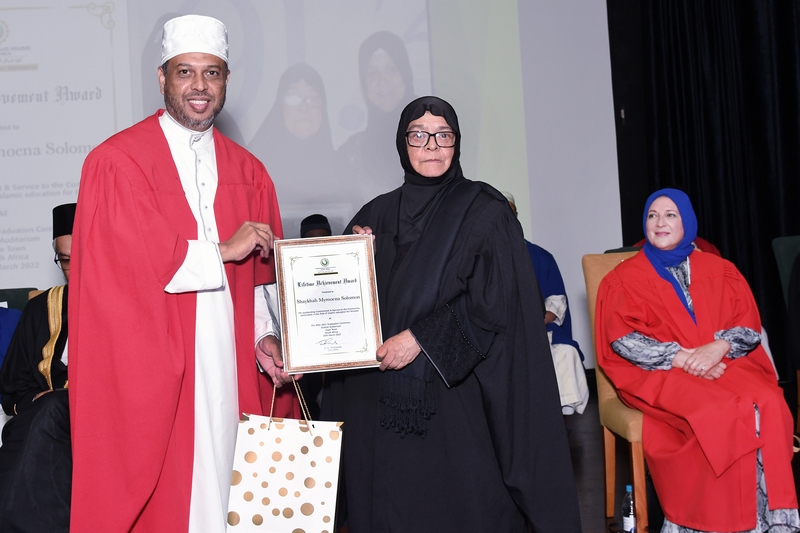
AL-MARHOOM SHAYKH NAZEEM TALIEP (posthumously), which were received by his SON MU’MIN TALIEP.
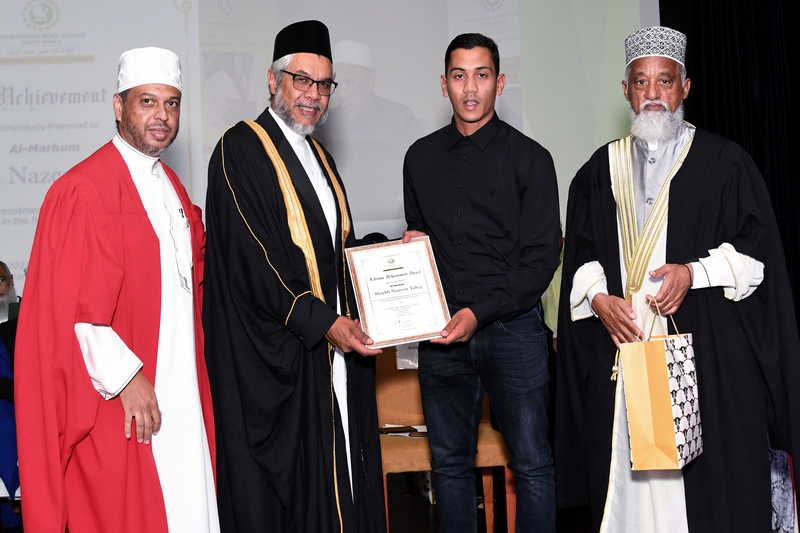
IPSA hosted its annual Mawlid al-Nabi ﷺ program
IPSA hosted its annual Mawlid al-Nabi ﷺ program with students from all levels presenting Nashids & Nasihahs. Guest speaker Shaykh Abdur-Rahman Sadien spoke about the importance of prioritizing the love of Rasul-Allah ﷺ & following his Sunnah.
IPSA STUDENTS hosted a Webinar with students from Gaza University
IPSA STUDENTS hosted a Webinar with students from Gaza University, on Israeli Apartheid Week.
R100m redevelopment plan for Ipsa
The International Peace College South Africa (Ipsa) is embarking on a R100m redevelopment of its building in Rylands, and it has entered into an academic partnership with another international institution. Read More
International Peace College of South Africa (IPSA) Embraces Nature

IPSA Goes Hiking
The emphasis Islam puts on the importance of the environment is quite astonishing. The Holy Qur’ān devotes more than five hundred verses (ayāt) related to the ecosystem and the environment (Masri, 1992) The relationship thus, between Man and the universe ought to be one of harmonious benefit and use.
Ulamā have included the protection of the environment as a seventh universal principle for which the Shariah had been legislated. The other six is known as the (Al’ Kul’liy’yāt al- Sitt) which is; preservation of religion, life, intellect, lineage, property, and honor.
Muslims are encouraged to play a meaningful and progressive role in all spheres of life. This points out that we have a moral obligation to maintain and preserve our environment for the generations to come.
The Prophet Mohammed (saw) said :
“The world is green and beautiful and Allāh has appointed you as His steward over it. He sees how you acquit yourselves” (Muslim)
Inspired by this ethos, on the 13 March 2021, IPSA students went on a memorable hike from Constantia Nek to the Kirstenbosch Botanical Gardens. This trail offers the most beautiful scenic views of Cape Town and the weather (cool and cloudy) was absolutely ideal for such a hike. Students chatted to each all the way while absorbing the breathtaking views- occasionally wiping their faces when ascending the moderate inclines. Making their way down to the gardens was a welcoming ‘last stretch’ as the walk was coming to an end. Everyone was looking forward to the rest and of course- refreshments. No sooner did they feel rejuvenated, that the students raced one another across the wide luscious green patches the gardens offered their visitors. Everyone absolutely enjoyed themselves!
Student’s Comments
Amina Nomfundo Magwaza (HCIS): “It was fun and I enjoyed myself. Standing on the highest point I could see the scenic view of Cape Town which was absolutely beautiful”
“ The scenic views of Cape Town is spectacular”
“ This is my first time on a hike … and not the last one”
IPSA’s Undergraduate Division Gender Discrimination Debate
IPSA’s Undergraduate Division (BAIS) hosted its first Arabic debate competition with its final-year students, with the hope of advancing dialogue and nurturing the spirit of free thought, open discussions, constructive debate, and enhancing the students’ Arabic-speaking skills.
The debate took place in the IPSA conference room yesterday (04/03/2021) and consisted of two teams comprising of the BA III students, who argued for, and against the topic of Gender Discrimination
IPSAs Head of the Undergraduate Department, Dr. Belqes Saif al-Sowaidi has trained students since the beginning of the academic year and has expressed how proud she is of the students’ progress and skills in learning the Arabic language alongside the art of debate. IPSA CEO Dr. Dawood Terblanche also remarked that he is extremely proud of the students’ debating skills in the Arabic language and that it is heart-warming to see how far the students have come in their learning trajectory of studying Arabic at IPSA for the past 2 years.
IPSAs Arabic department hopes to have more Arabic debate competitions amongst its students in the future, in preparation for International debating championships. We wish all our students well for the year ahead!
These are the rules of Level 4, which will be adopted from 1 May
Masks are Obligatory:
Everyone has to wear cloth face masks outside their homes. If you don't yet have a cloth mask, you can wear a scarf or a t-shirt wrapped around your mouth and nose, says Dlamini-Zuma.
Strict curfew:
People are not allowed out between 20:00 and 05:00.
No Movement across Provincial Borders:
Unless you return to work with proof of employment, are attending a funeral (with approval) or delivering essential services.
Transport:
There is a limit of three people per private vehicle, and 70% capacity in taxis. All taxis and e-hailing services such as Uber and Bolt must be sanitised daily, and hand sanitisers must be provided.
Can you visit your friends and family?
No "recreational" visits are allowed.
Can you attend church or other public gatherings?
No.
Fast Foods:
The sale of takeaways will be permitted for delivery only - from fast food outlets and restaurants. Restaurants can open for food delivery services only, and only between 09:00 to 20:00.
What you can buy from a Retailer or Spaza Shop:
Any food product, including non-alcoholic beverages and animal food. But the sale of cooked hot food is still prohibited
All children's clothing
Winter clothing for adults
Bedding
Heaters
Toilet paper, sanitary pads, sanitary tampons, condoms.
Hand sanitiser, disinfectants, soap, alcohol for industrial use, household cleaning products, and personal protective equipment.
Personal ICT equipment including computers, mobile telephones and other home office equipment.
Products for the care of babies and toddlers
Stationery and educational books
Tobacco products
Personal toiletries, including haircare, body and face care products, roll-ons, deodorants, and dental care products.
Medical and hospital supplies, medicine, equipment and personal protective equipment.
Fuel, including coal, wood, paraffin and gas.
Airtime and electricity.
Hardware shops are still not open for the general public. Hardware, components and supplies are only on sale for qualified tradespersons solely for the purpose of emergency repairs at residential homes - as well as required for essential services.
Components for vehicles undergoing emergency repairs where such vehicle is used by a person engaged in essential services work.
Textiles required to produce face masks, and other personal protective equipment.
Stores have to ensure that clients' temperatures are tested, hand sanitisers must be available and measures must be in place to facilitate social distancing.
Where the number of customers cannot be accommodated at once then measures such as a ticket system and a defined limit of time in the store per customer should be implemented instead of the physical queuing of customers.
Are you allowed to buy alcohol?
No.
Excercise:
Dlamini-Zuma said exercise will be permitted under strict conditions, but gyms or other facilities where people gather for exercise will remain closed. Gathering in groups for exercise, such as when running or cycling, will be prohibited. Further details are coming next week.
Businesses that are Allowed to be Open:
Retailers, spaza shops, hardware shops and wholesalers that sold the products mentioned above.
Construction and related services:
Civil engineering for public works projects, critical public works construction, road and bridge projects and other public works civil engineering projects. Critical maintenance and repairs are also allowed.
Agriculture, hunting, forestry and fishing: All agriculture, hunting, forestry, fishing and related services, including the export of agricultural products permitted.
All electricity, gas and water supply companies.
Information and communication services: All telecommunication services and infrastructure; information and communication technology services for all private and business customers; and postal services and courier services related to transport of medical products.
Media and entertainment services: Online services; productions for local broadcast; and live streaming in support of Covid-19 subject to directions; and newspapers and broadcasting
Financial and business services: Some call centres and essential financial services may operate.
Private security services
Implementation of payroll systems
Rental of motor vehicles, machinery and equipment, and of personal and household goods to support other Level Four services.
Other professional services may operate only where work-from-home is not possible, and only to support other Level 4 services
Accommodation services not permitted, except for quarantine and essential services.
Mining and Quarrying: Coal production for Eskom scaling up to full employment. All other mining starting in batches scaling up towards 50% employment. Open-cast mining scaling up to full employment;
Repair and related emergency services permitted: Tow trucks and vehicle recovery services; emergency repair work, including plumbers, electricians, locksmiths, glaziers, roof repair work.
Emergency automobile repairs for everyone.
Production, manufacturing, supply, logistics, transport, delivery, critical maintenance and repair in relation to the rendering of permitted services including components and equipment.
All medical and veterinary services
Cleaning, sanitation, pest control, sewerage, waste and refuse removal services.
Recycling of glass, paper and metal including informal recyclers (permitted at 50% capacity)
All social work, counselling, care and relief activities permitted
Wildlife management, antipoaching, animal care and veterinary services
Funeral and cremation services.
Trade union essential staff for workers covered by Level 4.
Which manufacturing will be now be allowed?
Some manufacturing will restart, but in some cases not all employees will be allowed back at once.
Factories that produce goods that can be sold under Level 4 can return with all their staff - apart from for a couple of exceptions.
Only a quarter of the workers at manufacturers of winter clothing, bedding and heaters can return at first, but it can be scaled up to 50%.
Automotive manufacturing, including components, can scale up in phases to 50% employment, and the same applies for stationery production, as well as cement, construction materials and hardware.
Manufacturing of packaging, including glass, plastic bottles and containers is permitted to scale up to full employment, along with petroleum smelters, refineries and furnaces.
All other manufacturing can scale up to 20% employment.
Can domestic workers start working again?
Those who support everyone who is working under Level 4, as well as live-in staff can return.
Can you go to your Hairdresser or Nail Salon?
No. Minister of trade and industry Ebrahim Patel said the risk of transmission with these services is too high.
Can you replace your ID now?
Yes. This is now allowed, and the deeds office as well as other licensing and permitting will now be open along with the provision of birth and death certificates.
The Need for a Coherent Public Policy, Good Governance and Civic Management.
The Corona Pandemic has violently churned a relatively stable South African Muslim Community into an uncontrollable maelstrom which has flung into exposure the long embedded virus of its traditional and stagnant Muslim Scholarship.
This debris is flung into the air for all and sundry to see. In itself, a contagion primarily confined in the Madressa/ Ulooms for several decades, it has demonstrated a toxicity of the mind that has resulted in the dysfunctional conduct of Muslims, young and old in several sectors of civic life and society in general. A dysfunctional mind leads to a dysfunctional society. It is schizophrenic and hence hypocritical. Fatwas produced are irrational, square-headed and often with a clarity that is as thick as mud. A disgrace to the glorious Shariah and an embarrassment to Islam and Muslims as a whole.
South African Muslims need to wake up and make up their minds whether they want to seriously adhere to the basic values of Islam, of universality, of mercy, justice, equity, fairness, welfare and excellence.
The Corona gives us the opportunity to revisit the Shariah and its much needed role for ourselves in all aspects of our daily lives in the present century.
Islam is both faith and action. Faith without action is no faith. Action without faith is no sincere action. The two constitute two sides of a single coin. It’s about ethical behavior, both inside the mosque and outside the mosque. From this conduct there is no escape. How does one determine ethical governance, public policy and civic engagement within this holistic framework, whether one is in a Muslim majority country or a Muslim minority country?
For this approach, the Quran delineates a clear separation between political power and ethical behavior or piety. This separation between power and piety enables the establishment of institutions that check on the unethical behavior of governments irrespective of their alleged religious affiliation or their leadership.
Power in the Quran is defined as the ability to do absolutely everything. This power belongs to Allah Almighty alone. ( Al Maidah Verse 120). He is the source of power, the Giver of power and the Taker of power. He is All Powerful and His power is all encompassing.
Our power as humans is dependent on His power. Such delegation is based on our ability to exercise our skills, knowledge, resources and natural gifts with gratitude, to regulate the affairs of others, where appropriate, in ways that achieve the higher objectives of the shariah. Such delegation of power is not on the basis of being representative of Him as is misconceived by priests, monarchs, rabbis, bishops and molvis as no one has the right to claim that he represents God. This claim on pure logic is irrational and false as the motivation to promote public interests (al-maslahah), uphold human dignity (al karamah) and protect, preserve and advance life (al-ihya) do not require authoritarianism, tyranny or supernatural earthly beings.
Human power is limited by Allah’s grace. The human cannot alter the laws of nature nor change the direction of the sun and the moon, calm the seas or the winds. As Allah Alone is the Giver, He gives power to whom He wills, both to the believers, non-believers, the pious or the rebellious, the high or the low, the rich or the poor, the strong or the weak, the good or the bad, the local or the foreign, for such time as He alone Wills and in circumstances as He alone determines. That being so, it follows that non Muslims do not necessarily and exclusively fall into the category of dictators or oppressors as our very own examples to the contrary in Muslim lands, demonstrate. Nor is belief in God a condition for the grant of power.
When such self-centered piety complex is removed, we are able to see a clarity of thought and action. This thought and action is the protection of Islam and its basic values of justice, mercy, equity, fairness, welfare and excellence. Pride of power is to be met with Quranic ethics and intelligent dialogue as the Prophets did.
Public policy and ethical good governance as commanded in the Quran acknowledges actors with delegated power in both the government and civic domain. Our duty therefore entails that in the preservation of Islam, the six higher objectives of the shariah shall at all times be articulated through public policy and good governance with the relevant authorities so that we stand on that which is right and redress that which is wrong.
The consequences of the corona pandemic are here to stay with us for decades to come, geopolitically, economically, demographically, sociologically, educationally and morally. Bio-technology and information technology have surged and corona has given them a quantum leap. In humanity’s darkest hour is also the opportunity for humanity’s finest hour. Islam and the glorious richness of its jurisprudence, of universality, of inherent dignity of every human being and of our responsibility and accountability to harness nature with respect to it owns intrinsic value as a gift to us, not to be squandered and abused, is the answer to the many challenges that society and government will face in the coming years. For those who have the understanding of the Quran, the time has arrived.
Adv AB Mahomed SC
(Hafez Abu Bakr)
8th April 2020.
This email address is being protected from spambots. You need JavaScript enabled to view it.
Connect with us
Cnr of Johnston & Duine Road,
Rylands Estate 7764, Cape Town,
South Africa.
PO Box 38316, Gatesville, 7766
-
dummy+27 21 638 1121
-
dummy info@ipsa-edu.org


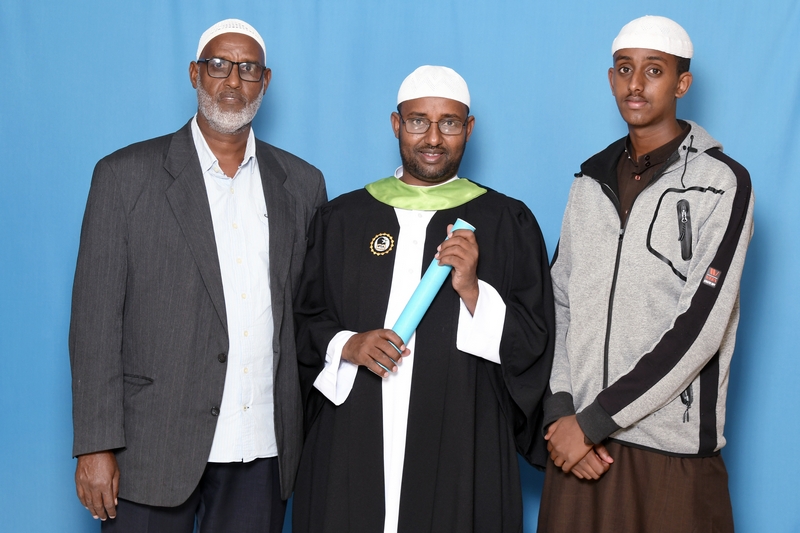
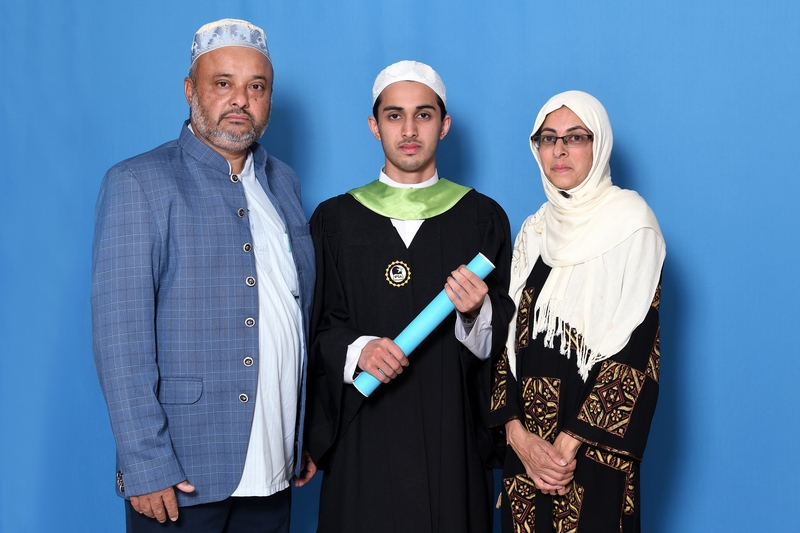
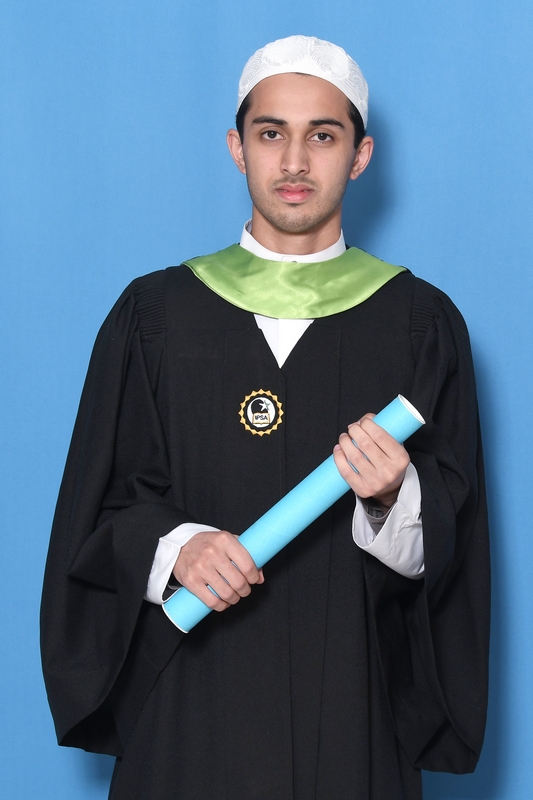
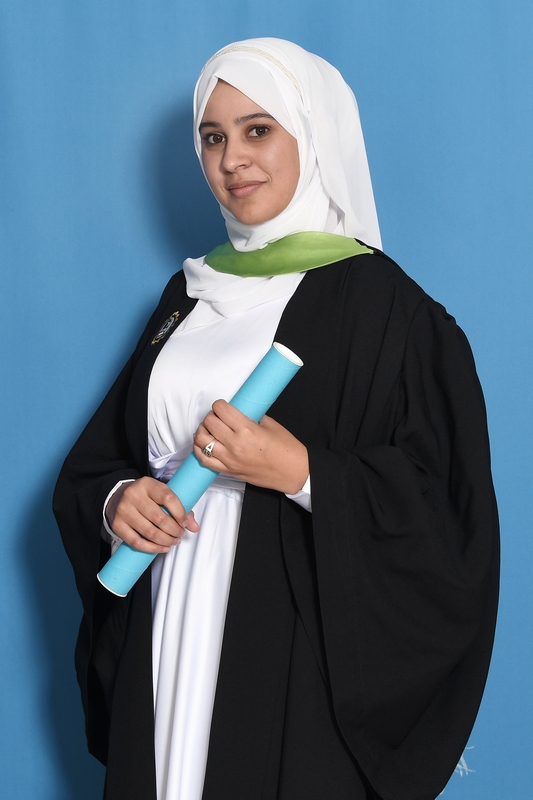
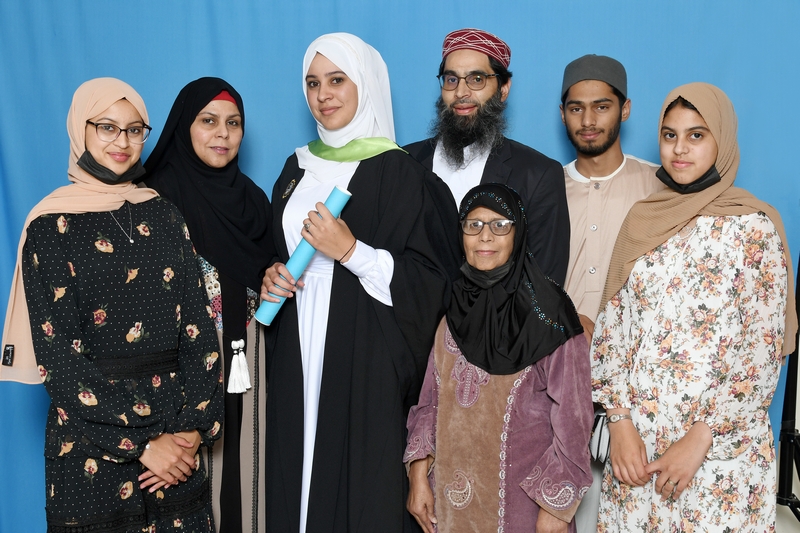

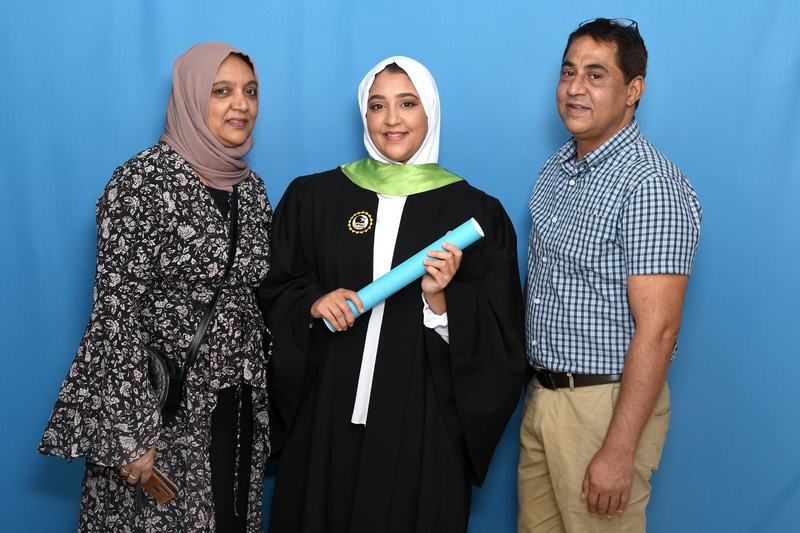


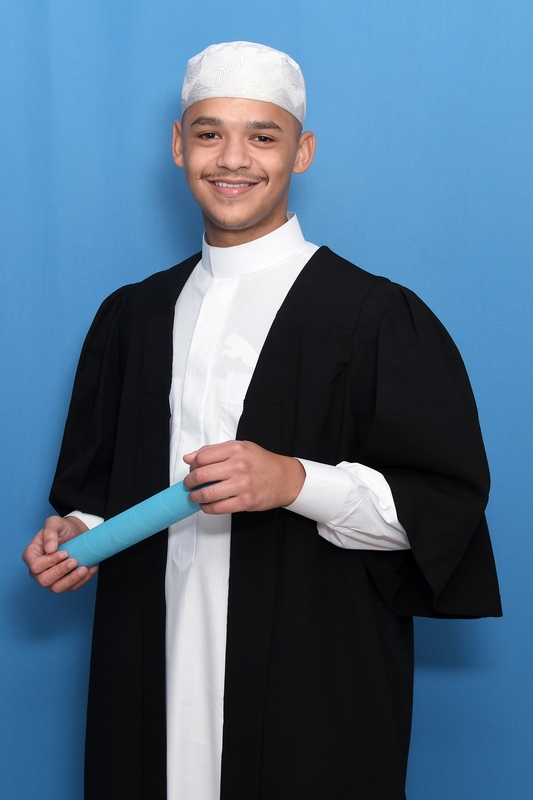
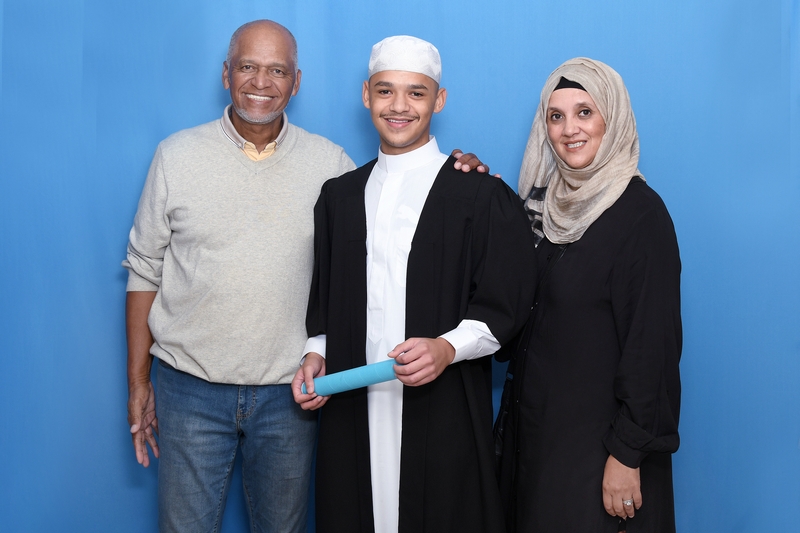
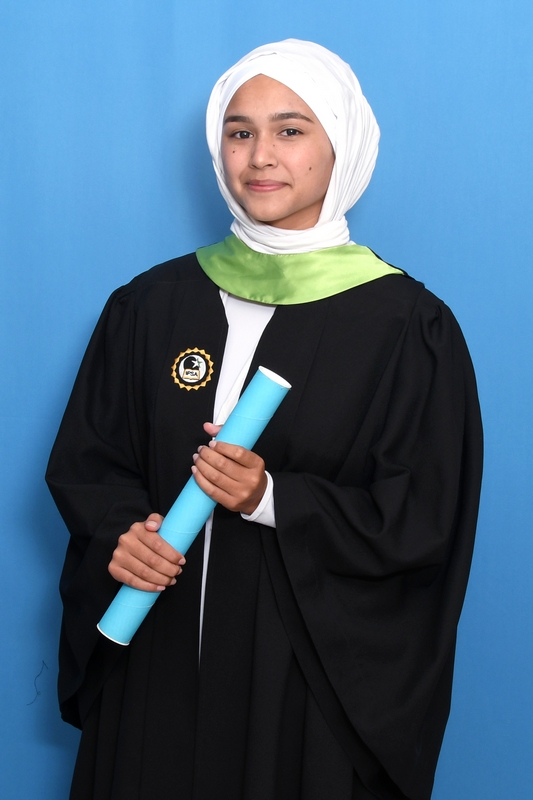
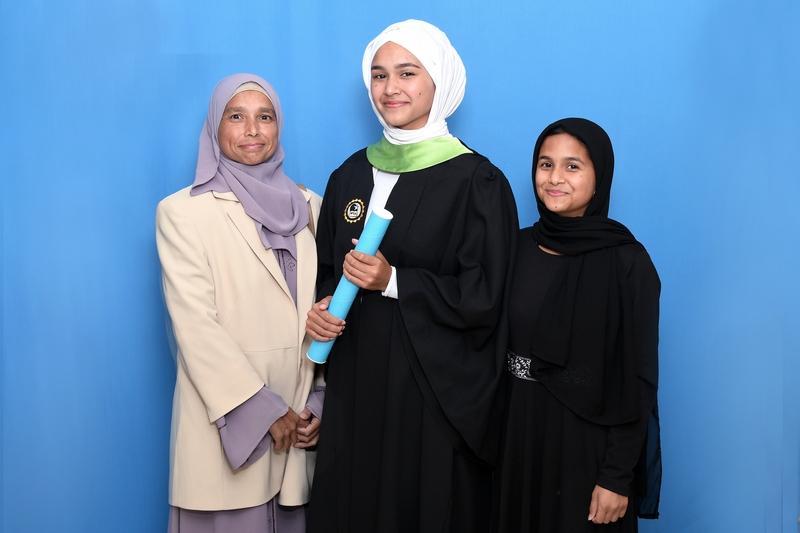
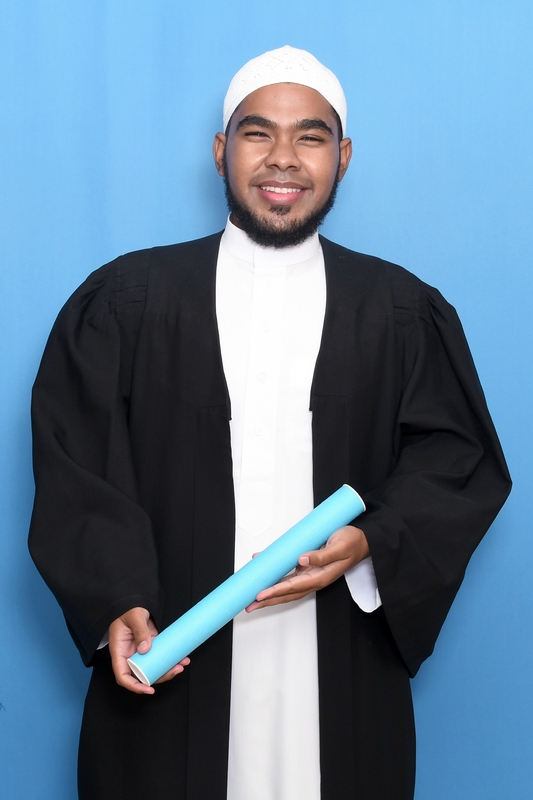
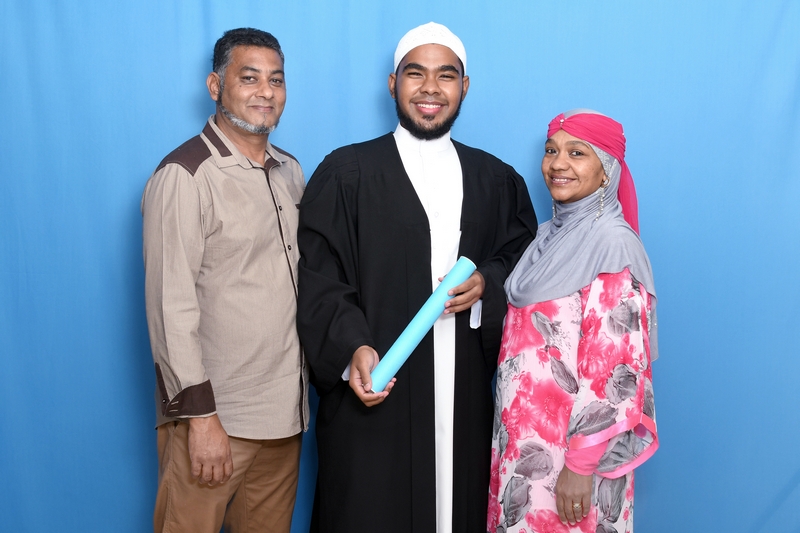
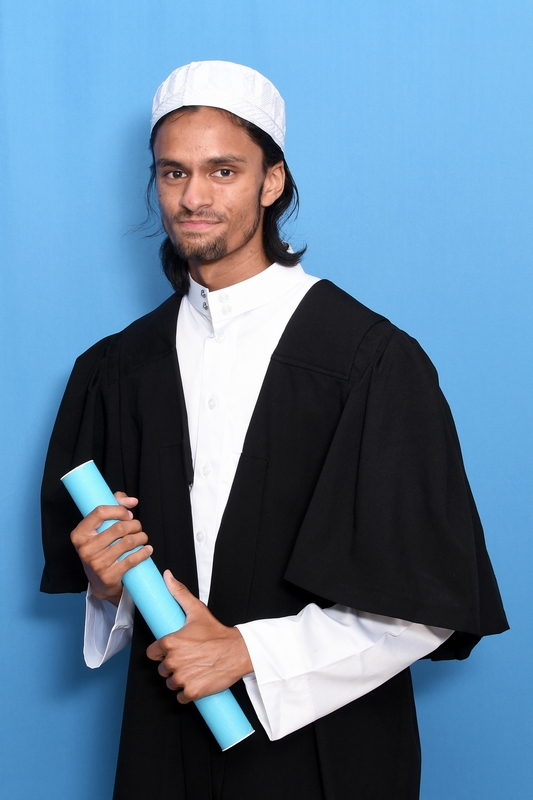
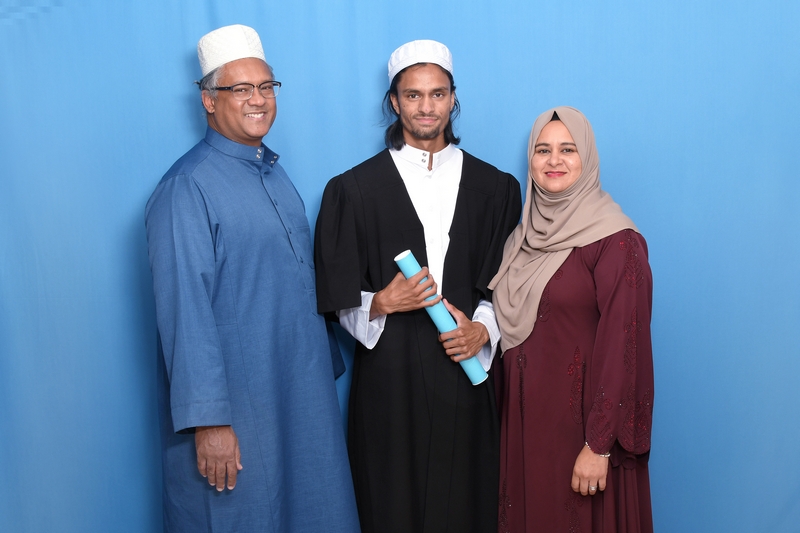
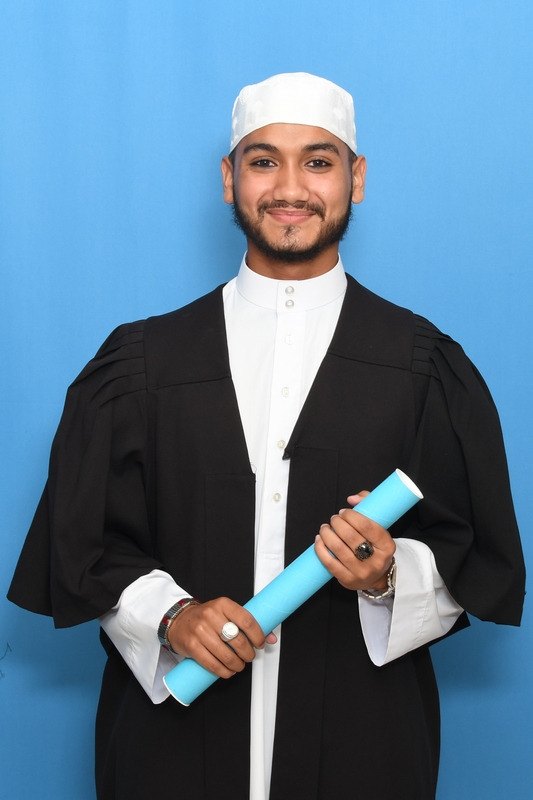
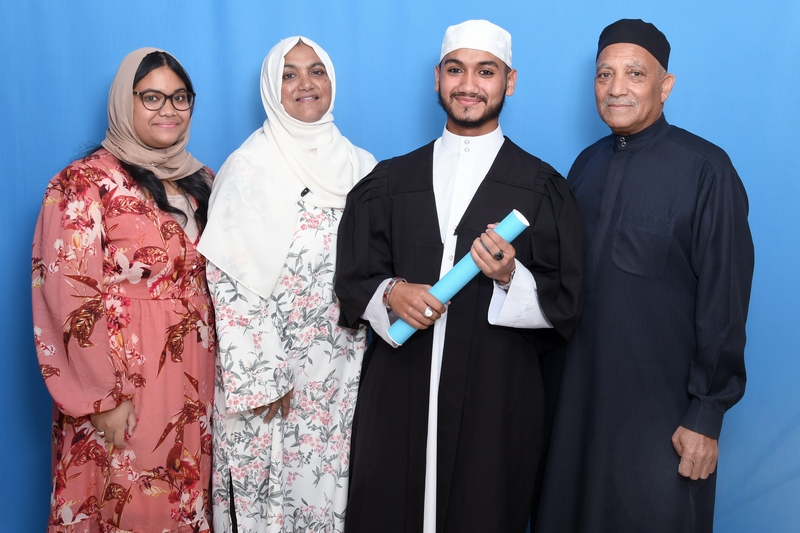
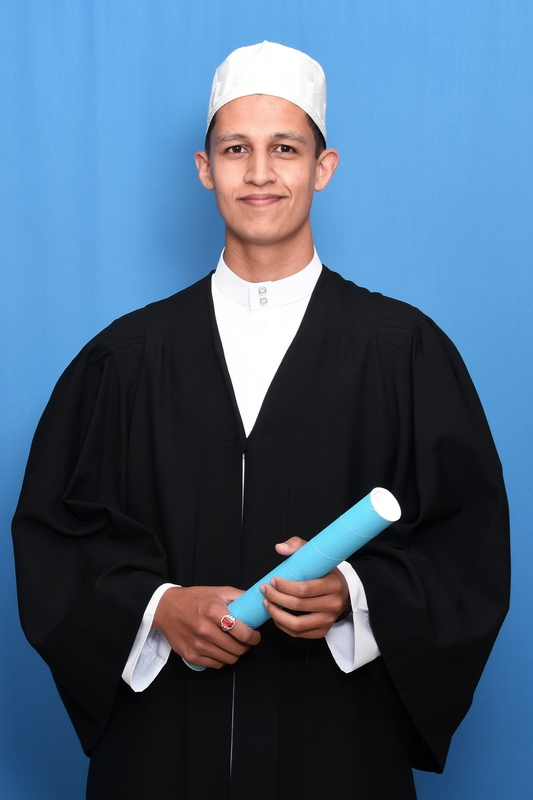
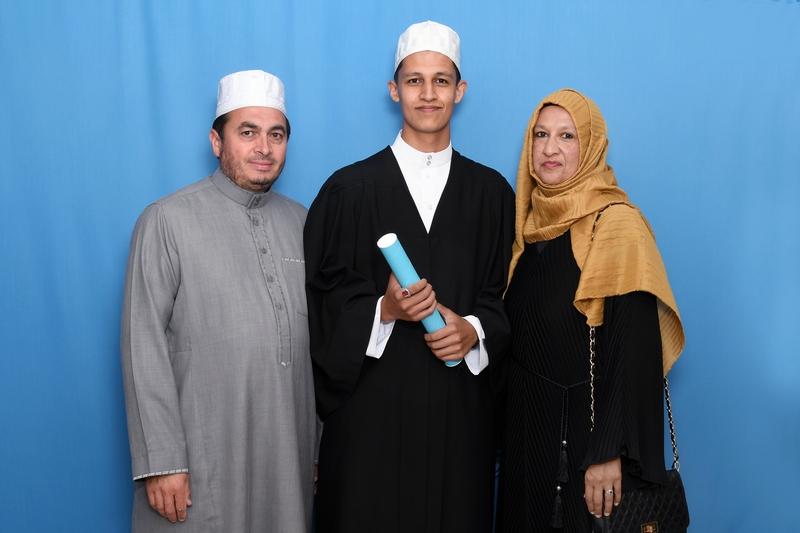
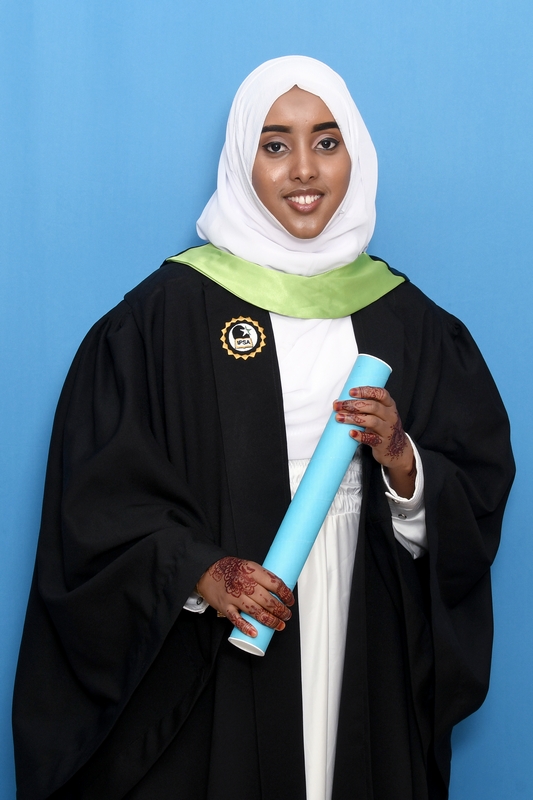
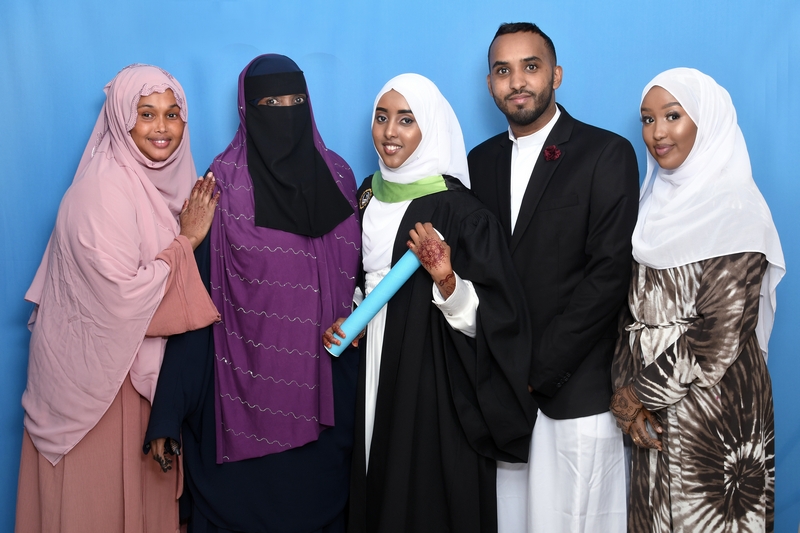
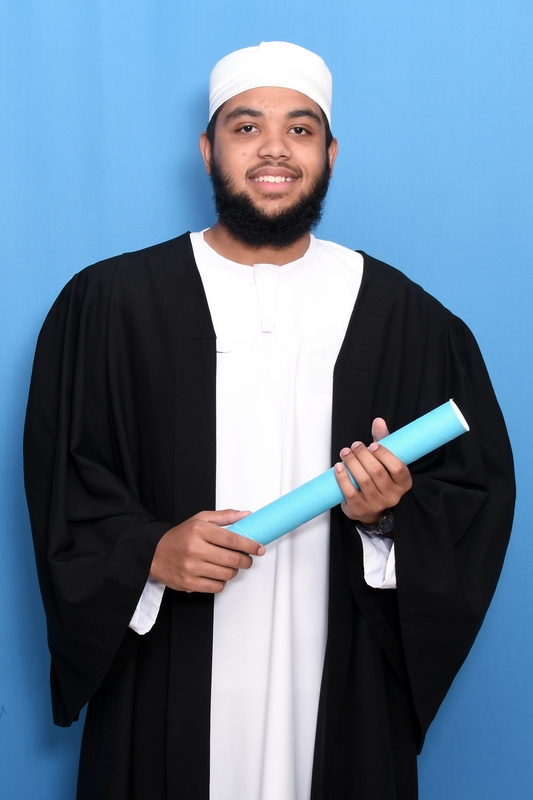
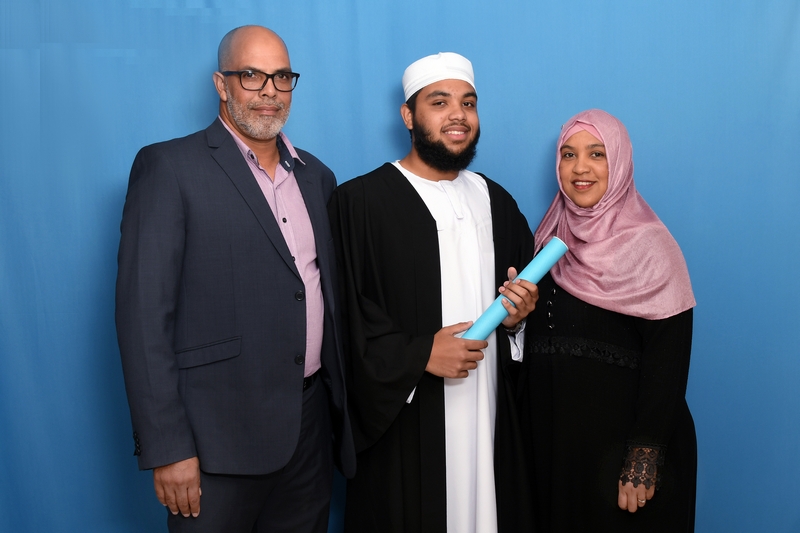
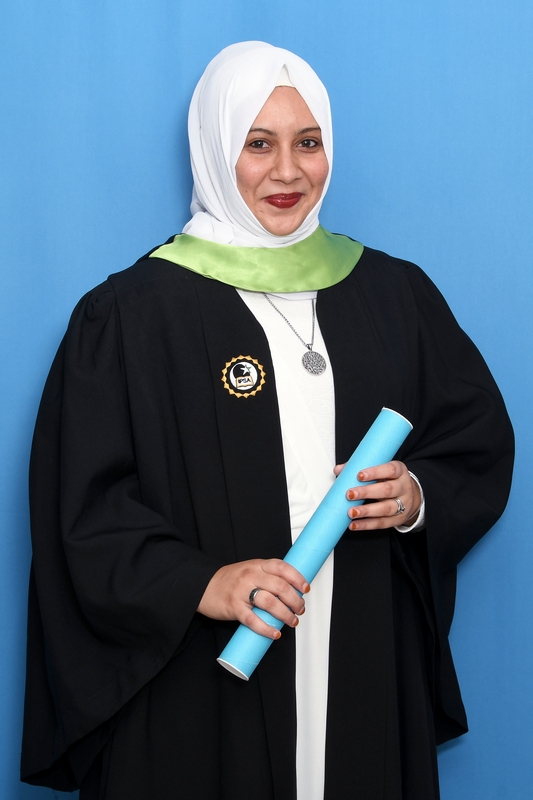
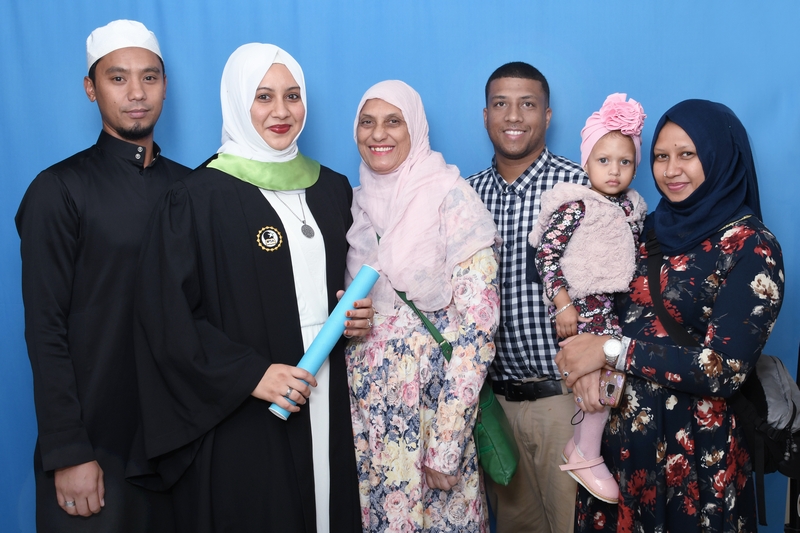
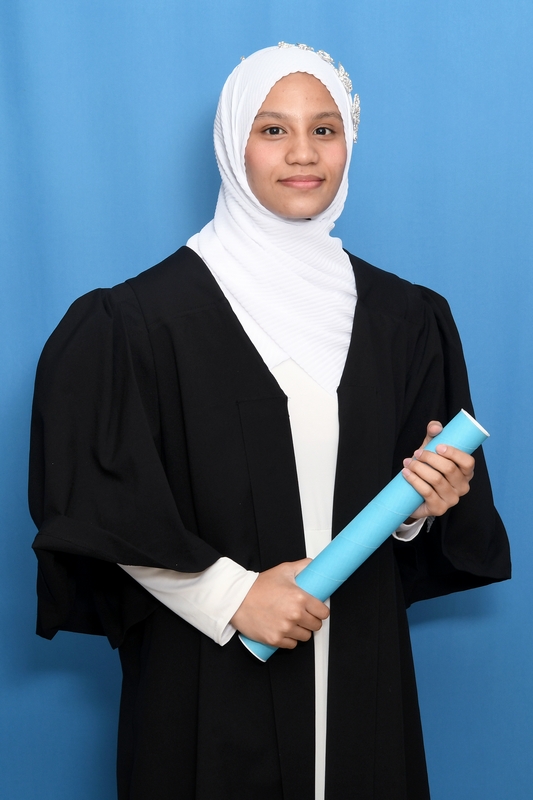
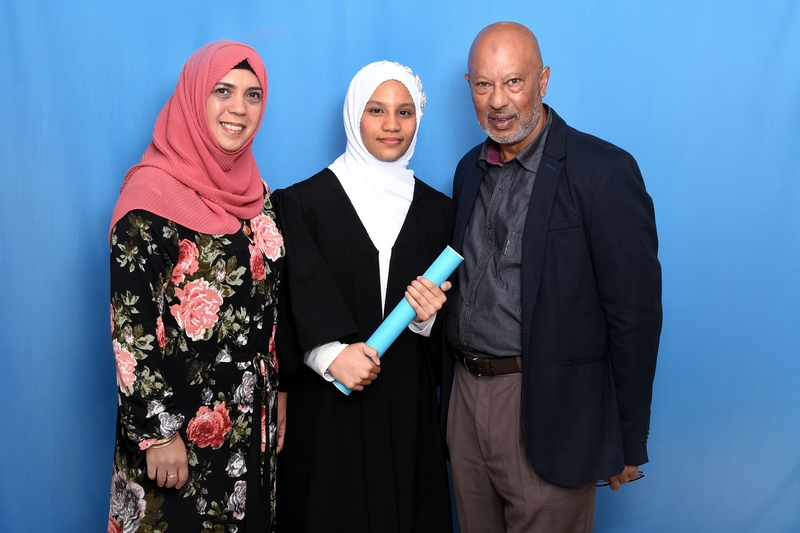
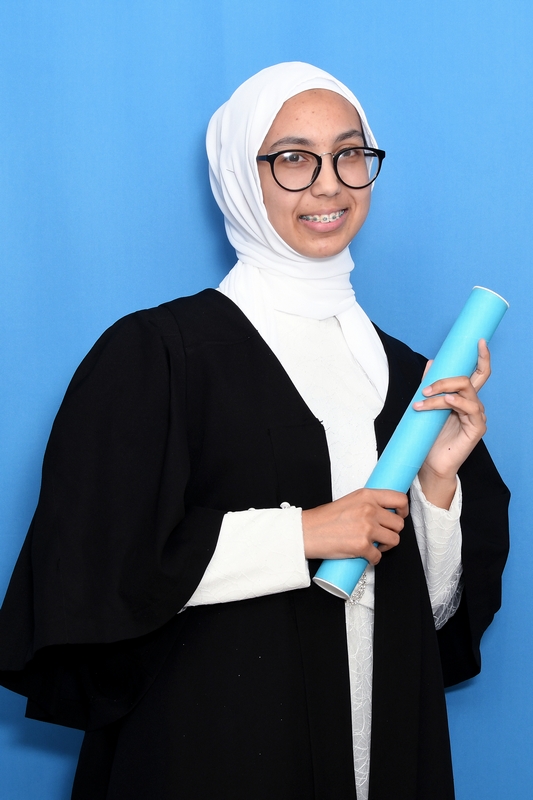
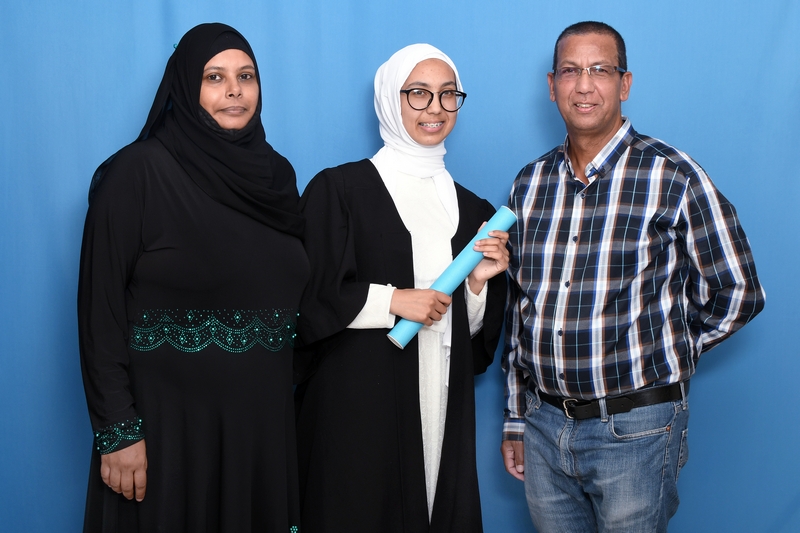
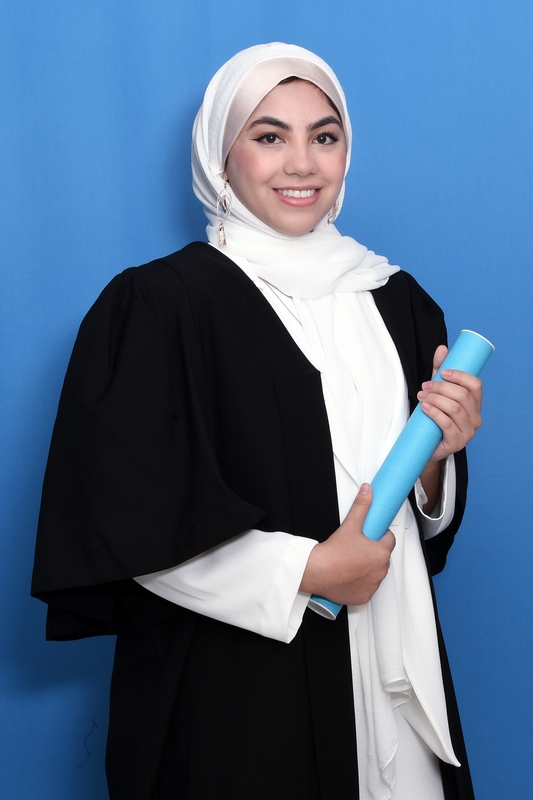
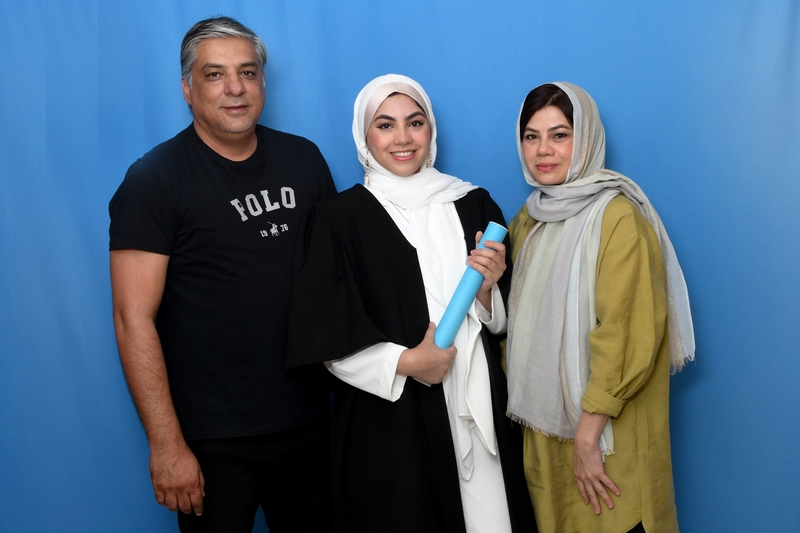
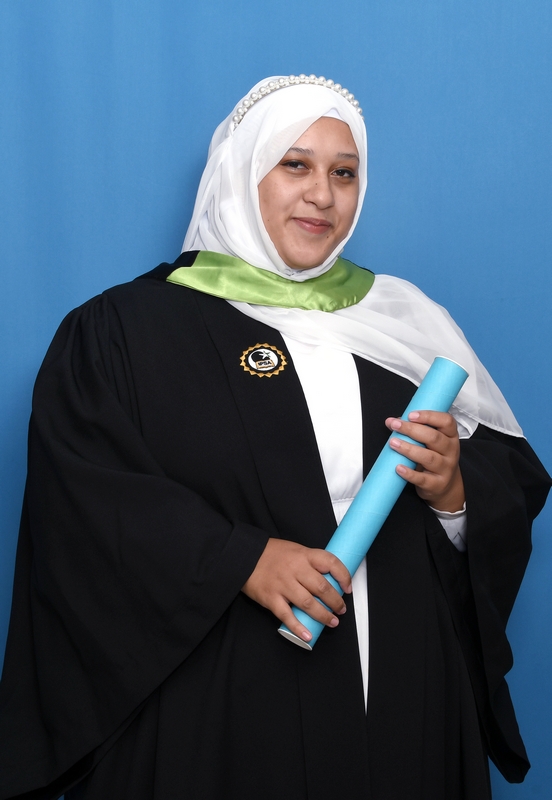
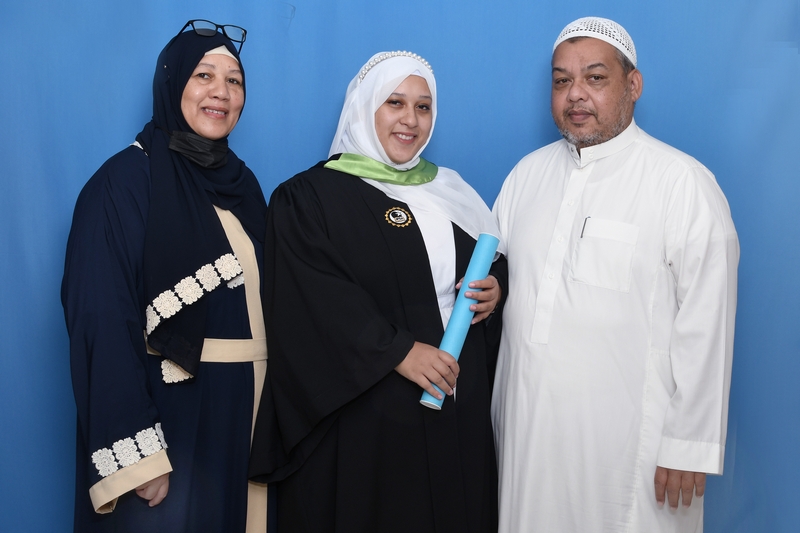
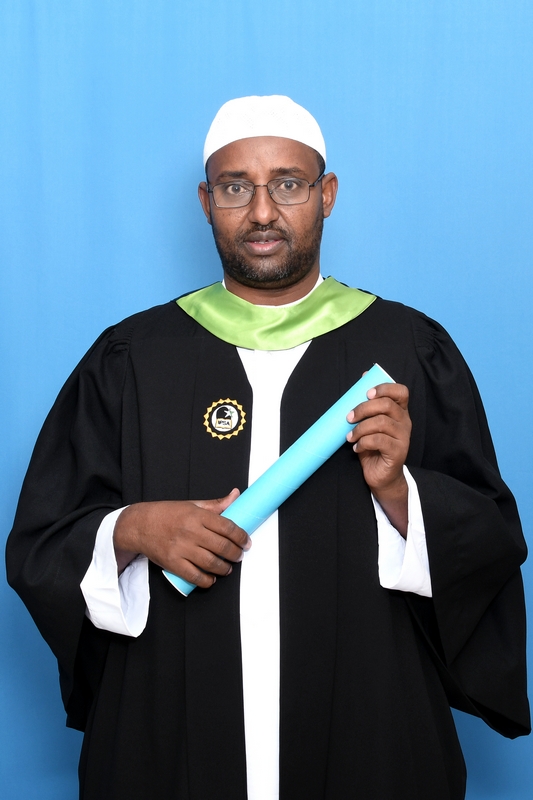
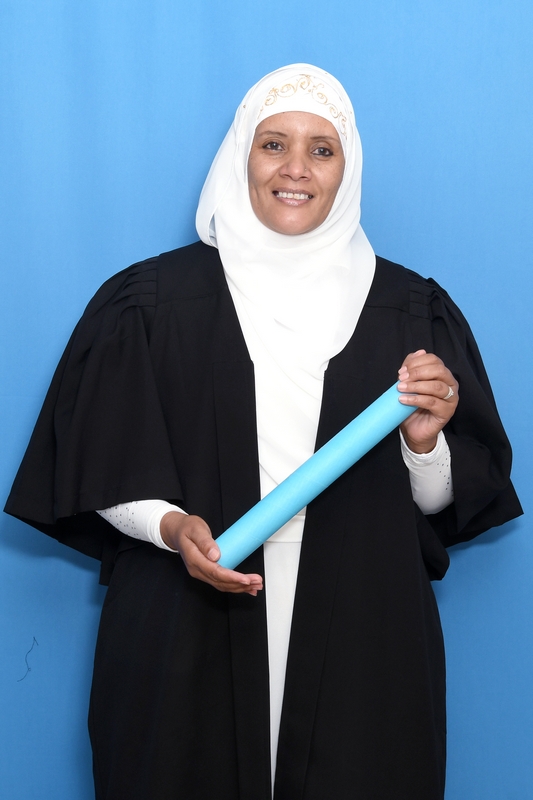
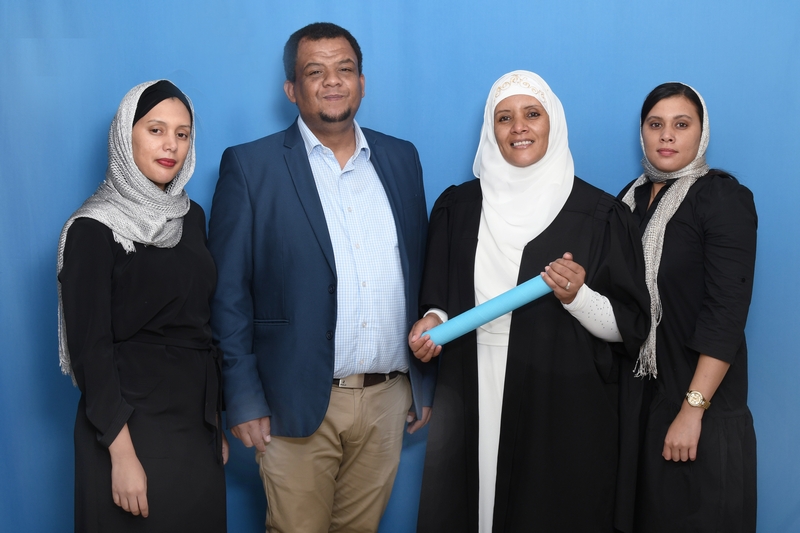
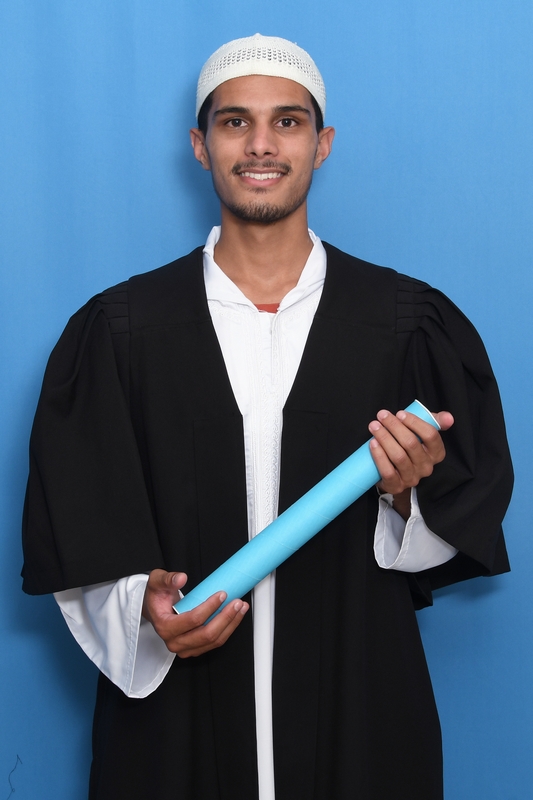

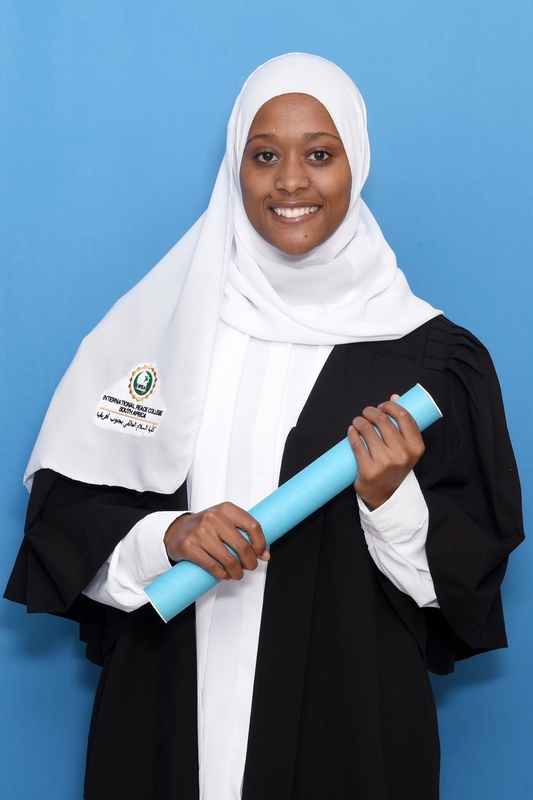
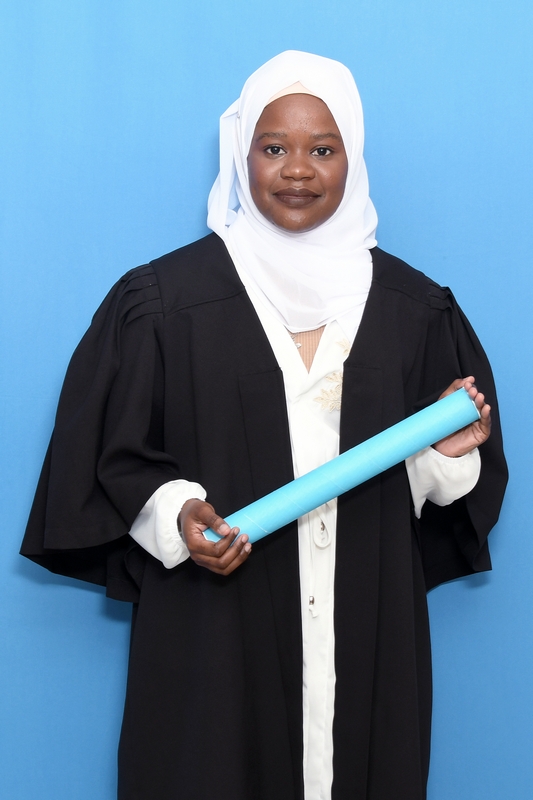
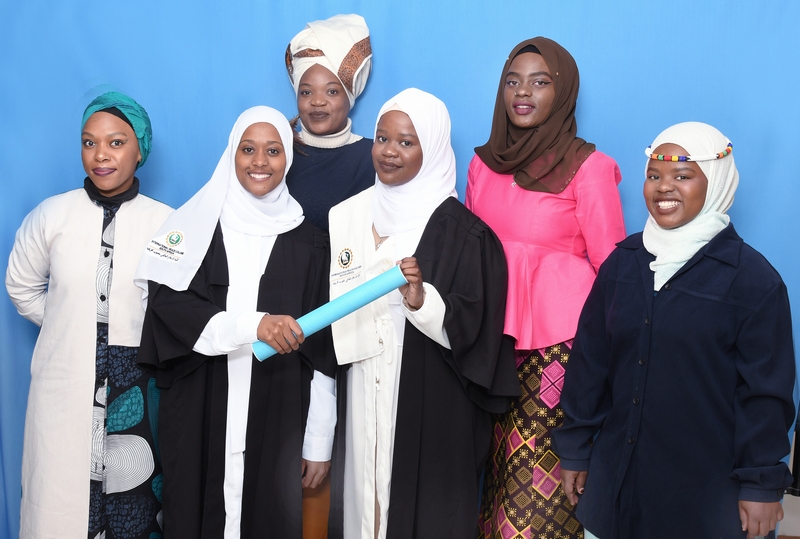


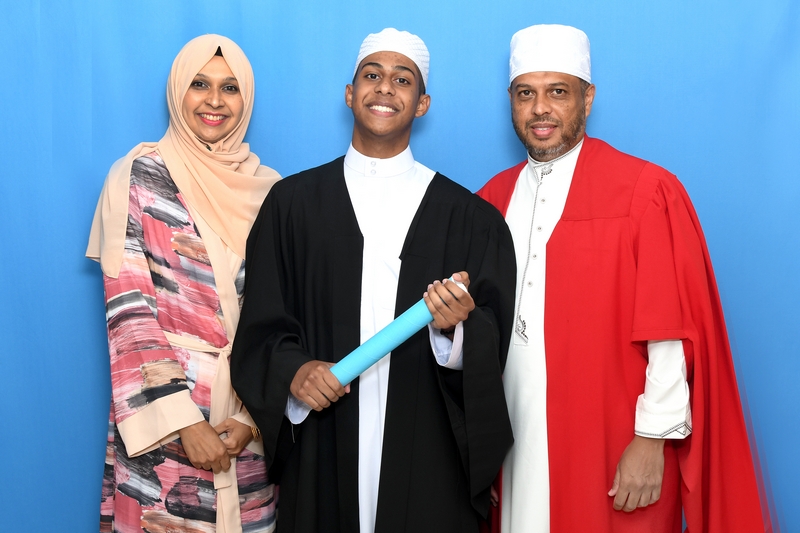

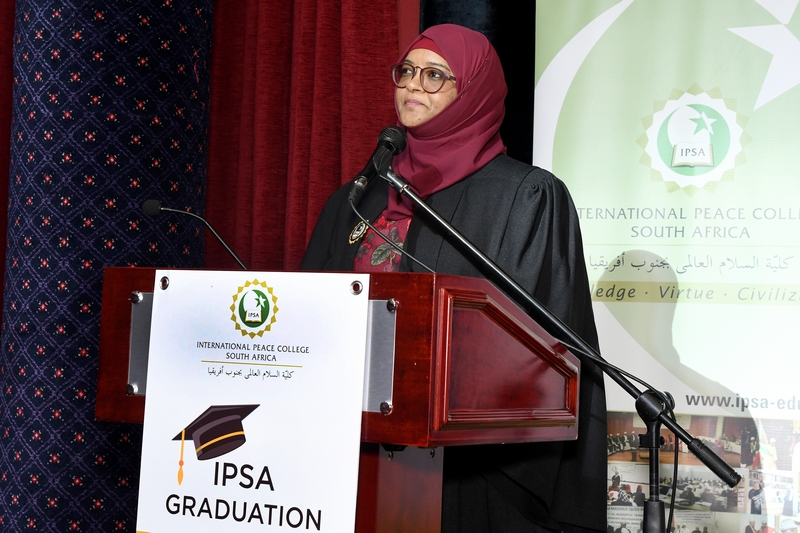

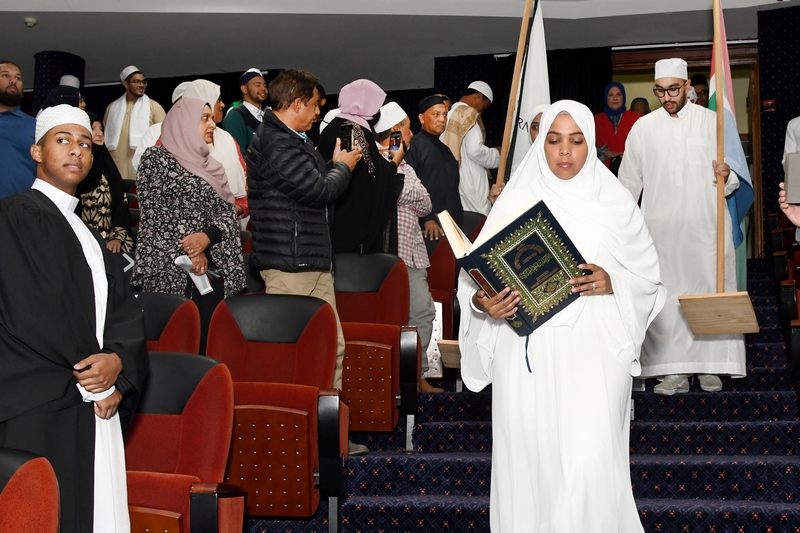
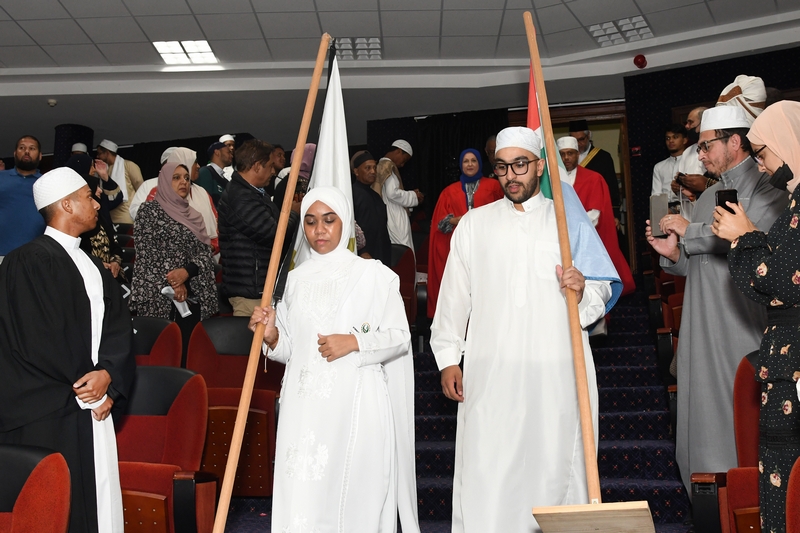
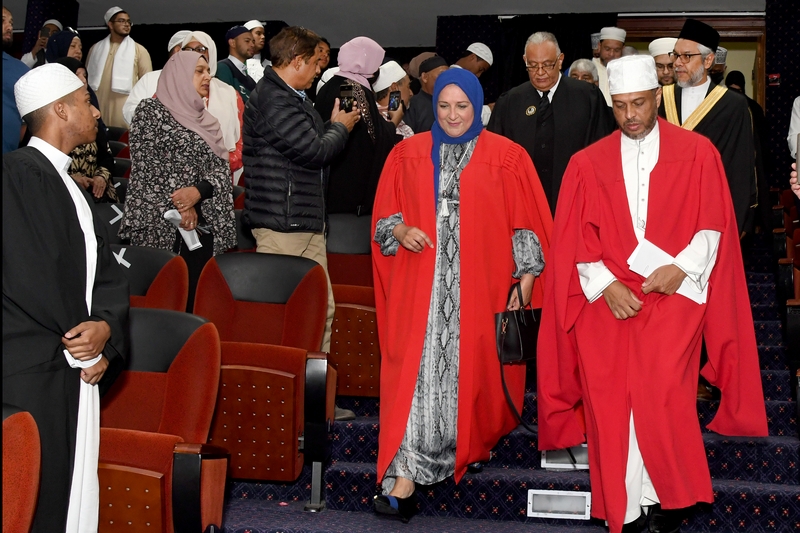
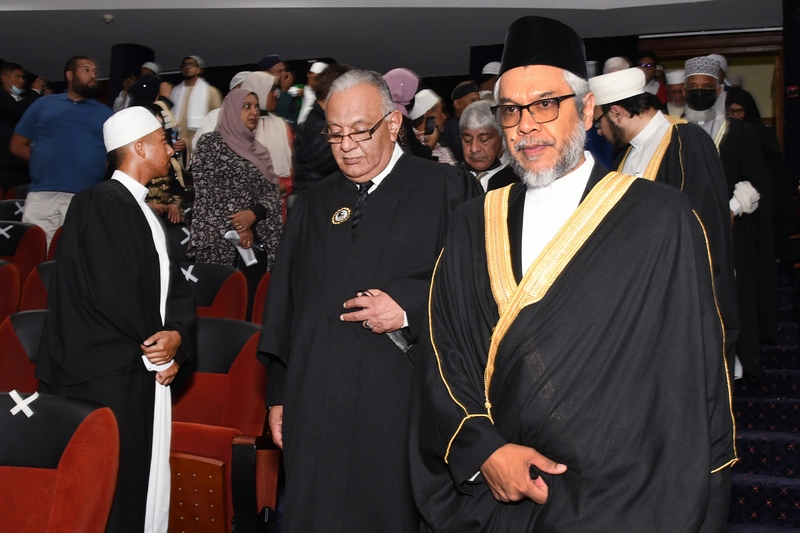
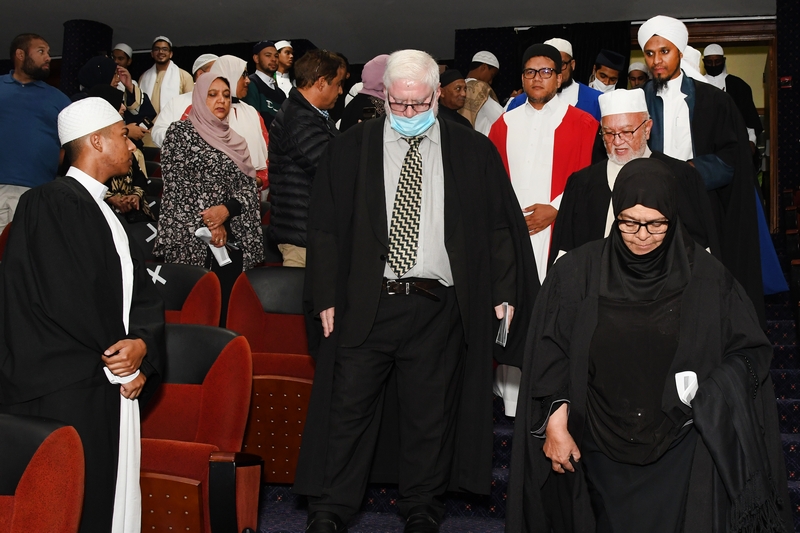
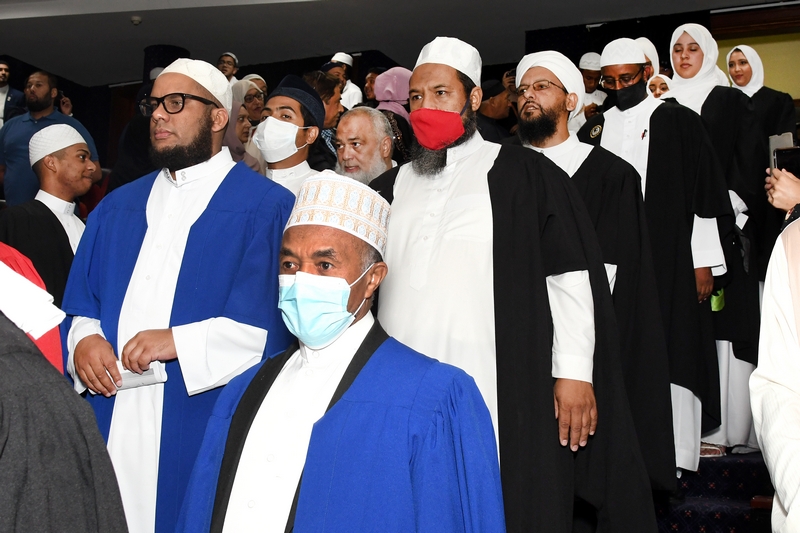
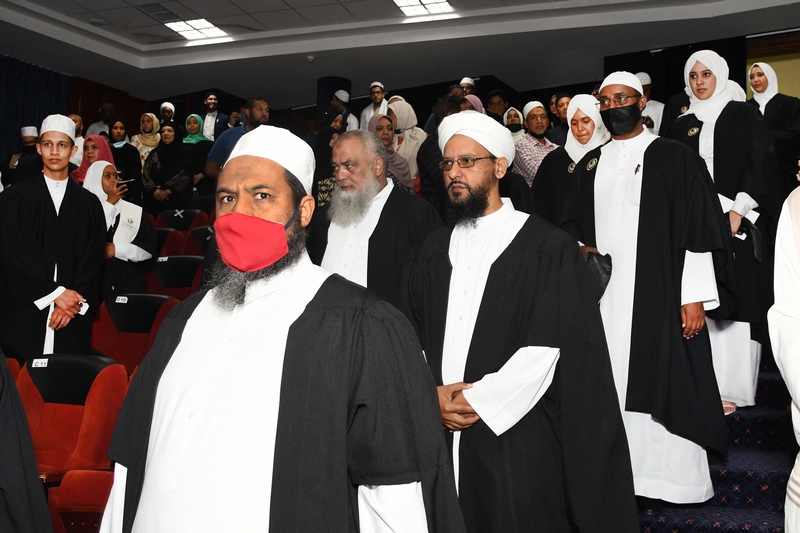
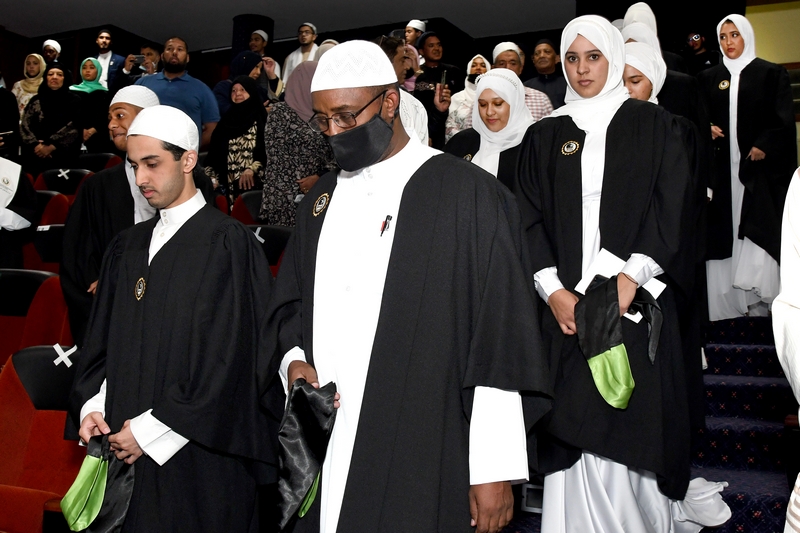
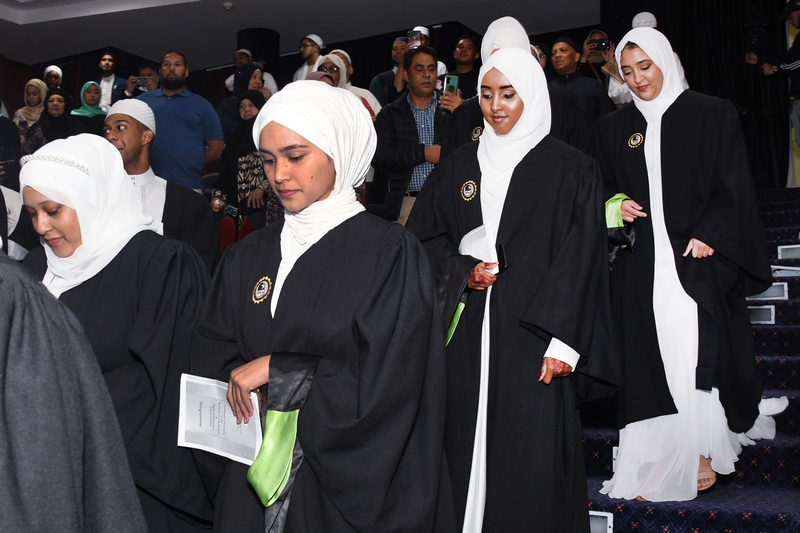
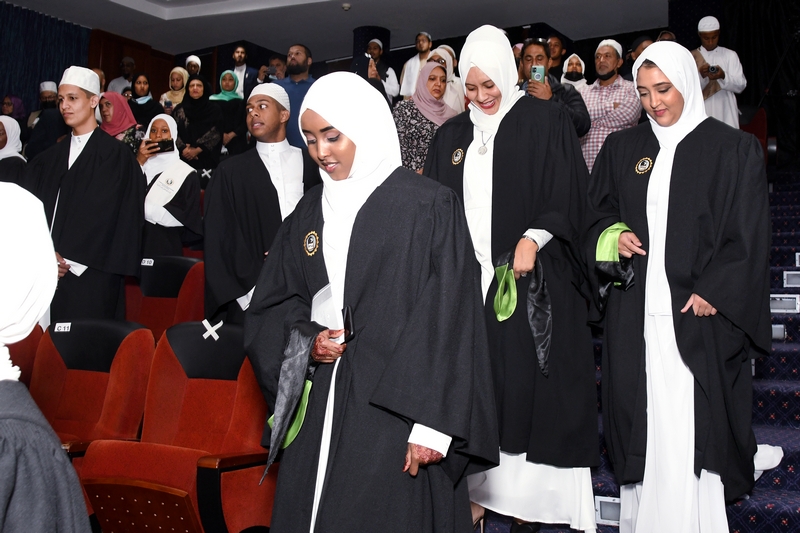
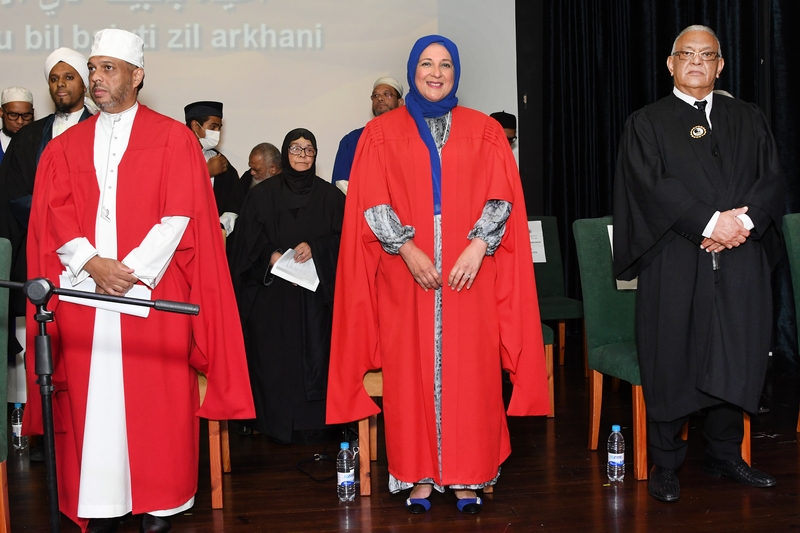

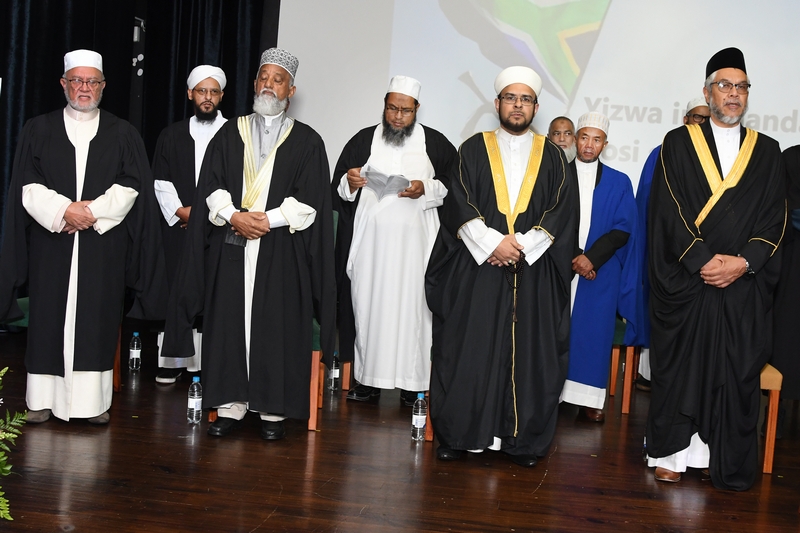
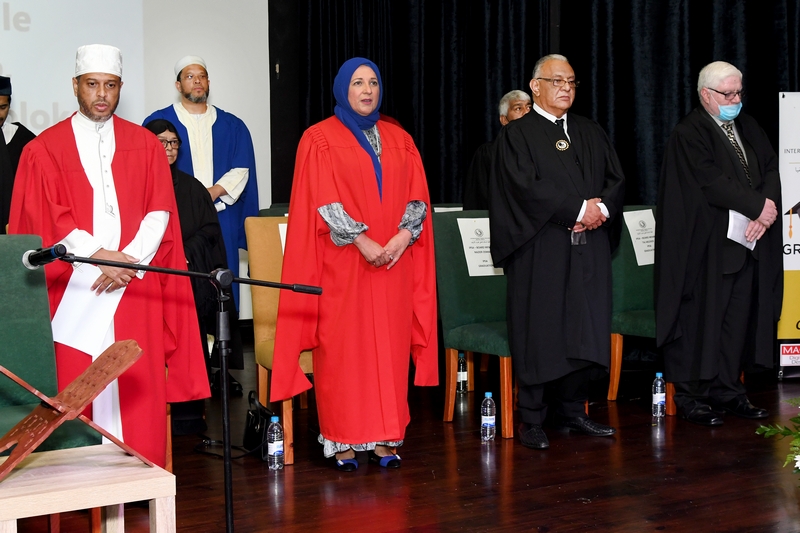
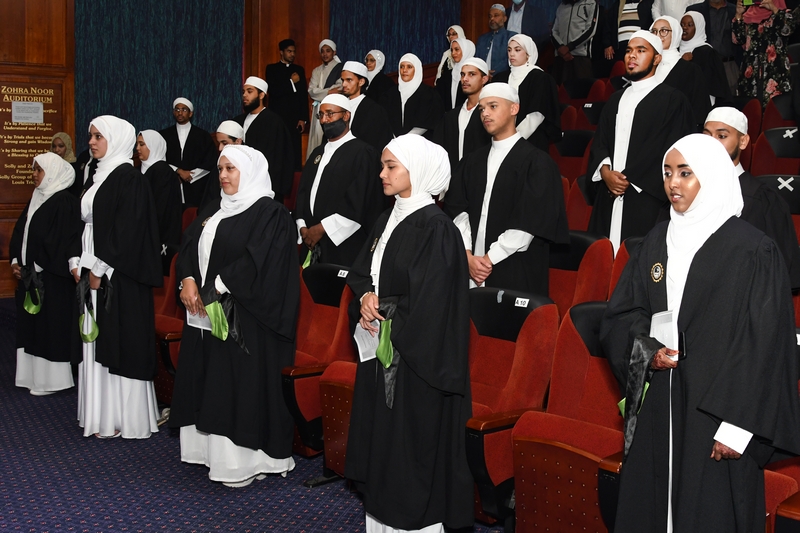
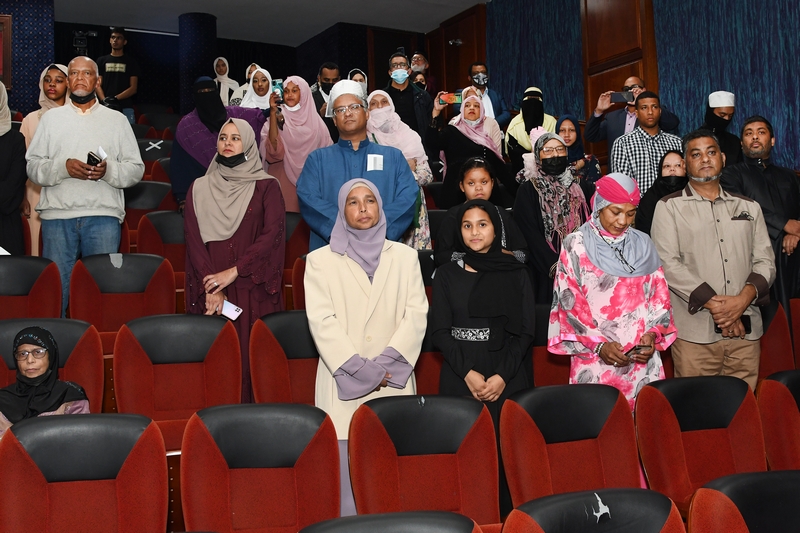
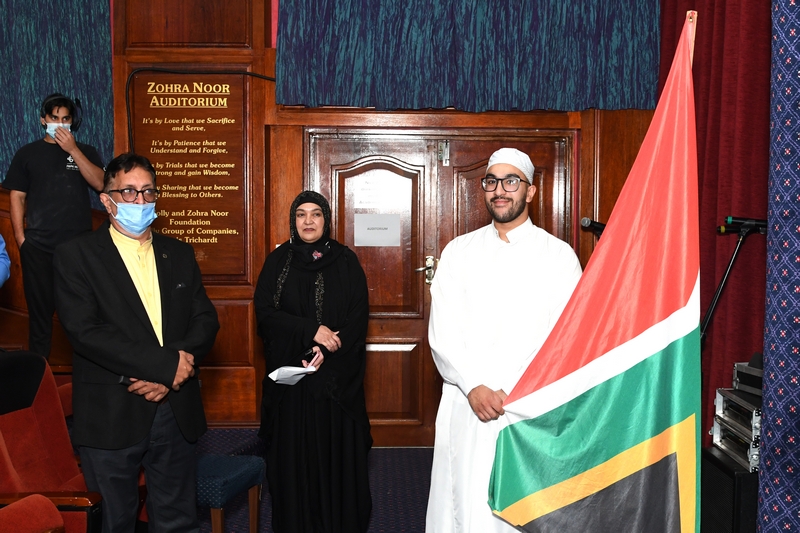
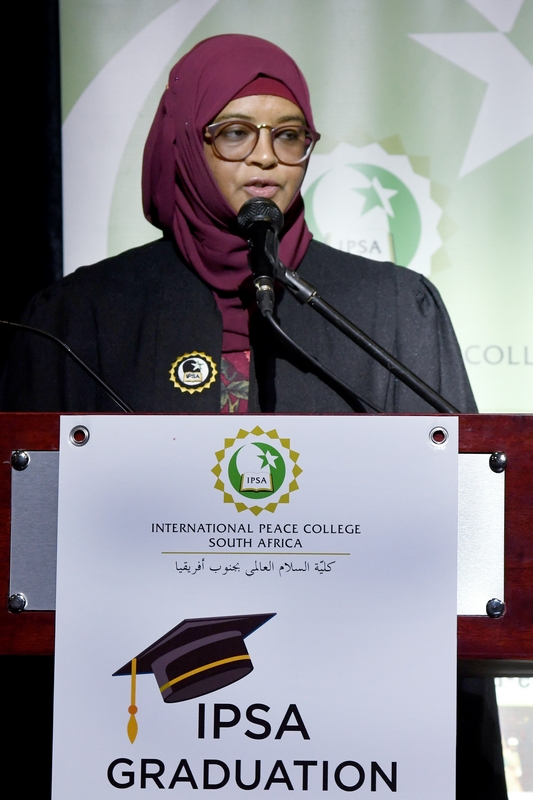

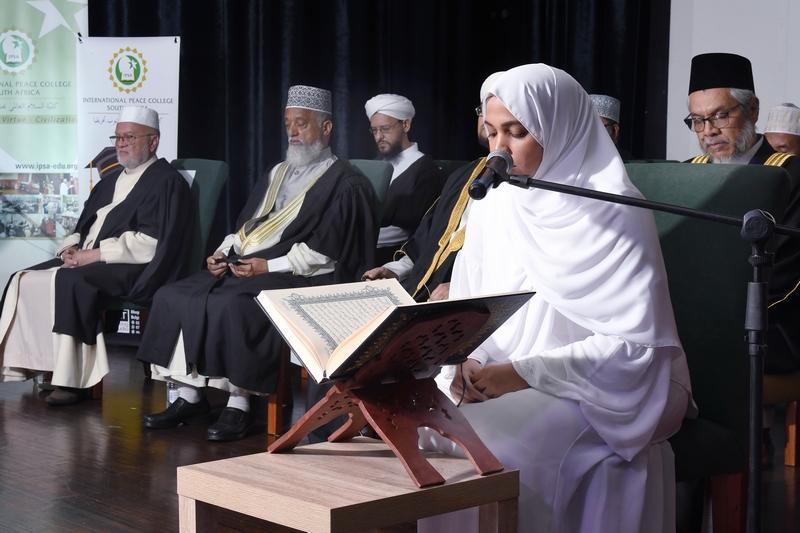

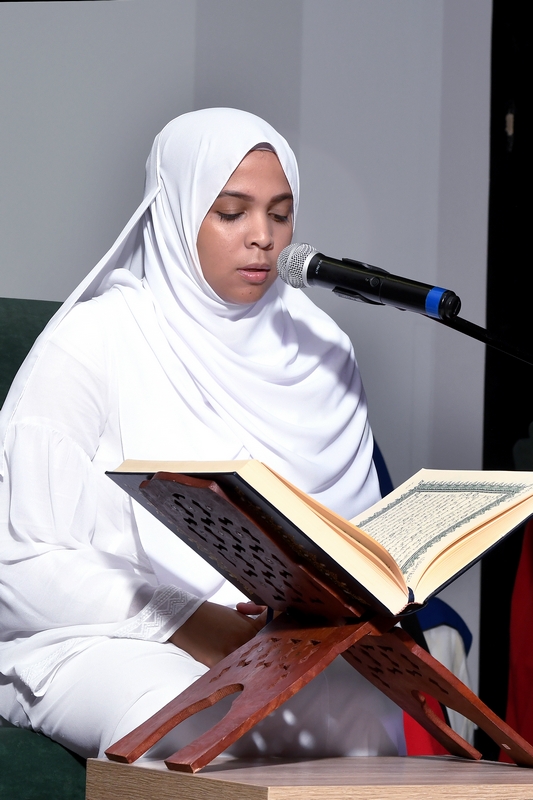


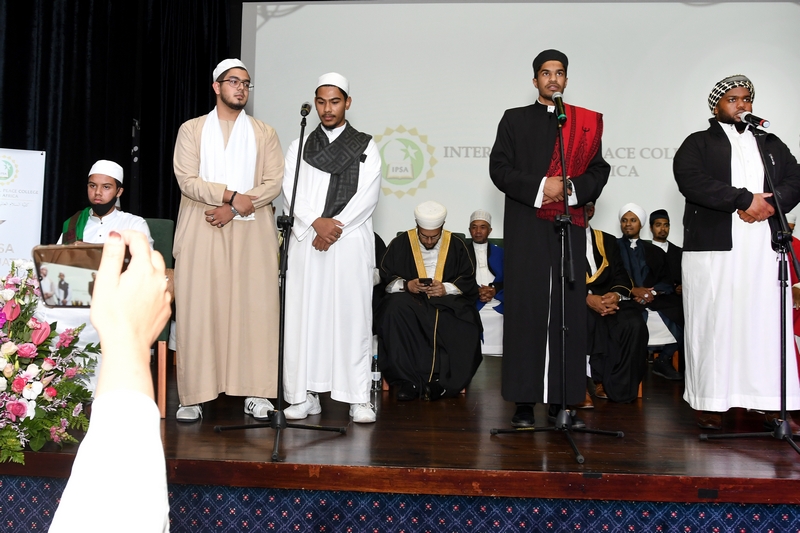
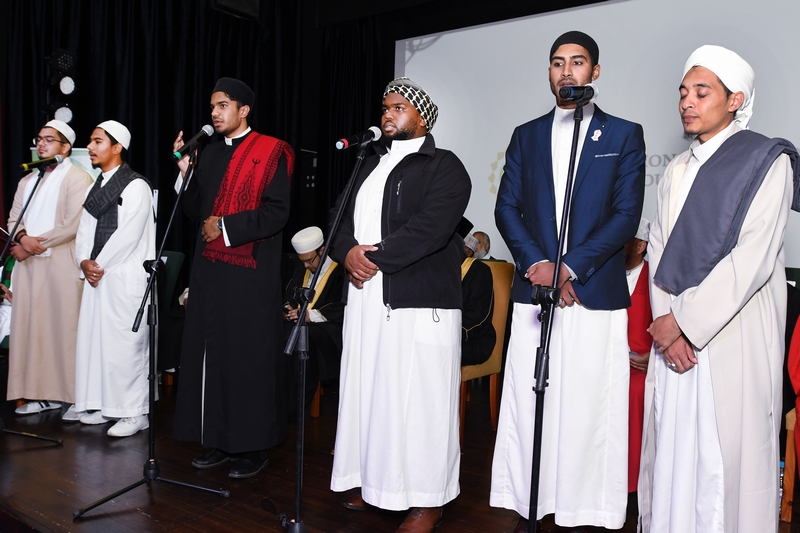
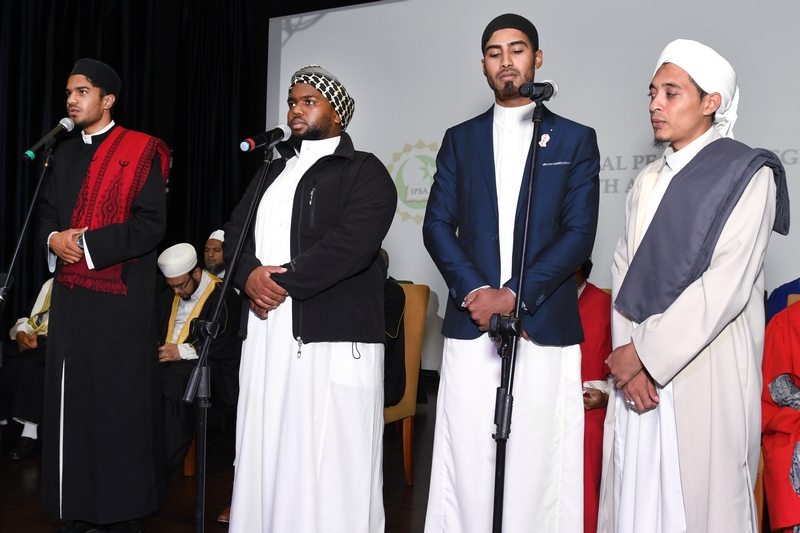
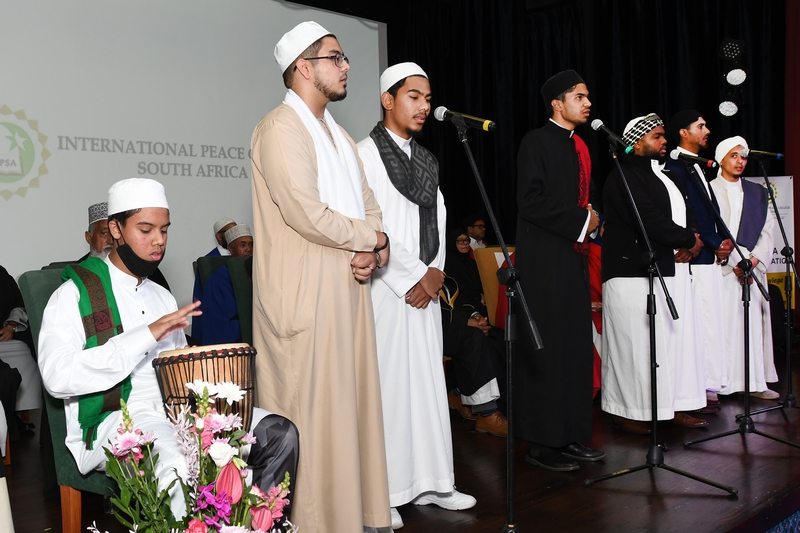
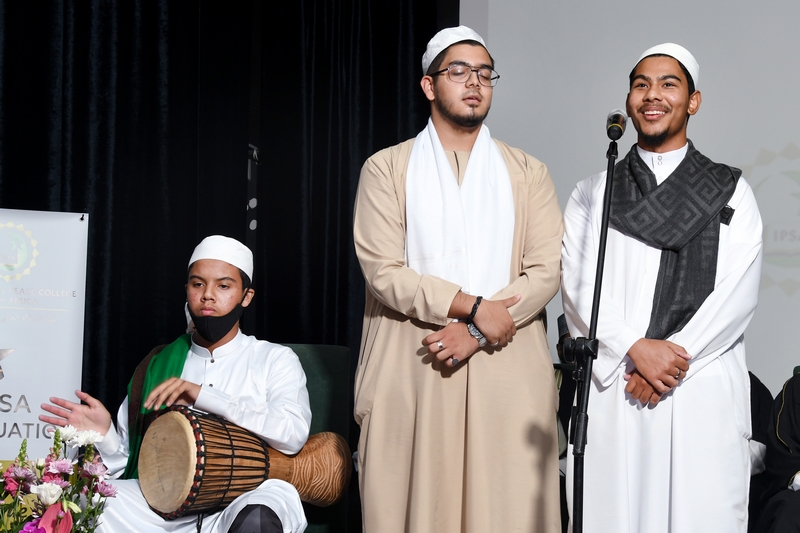
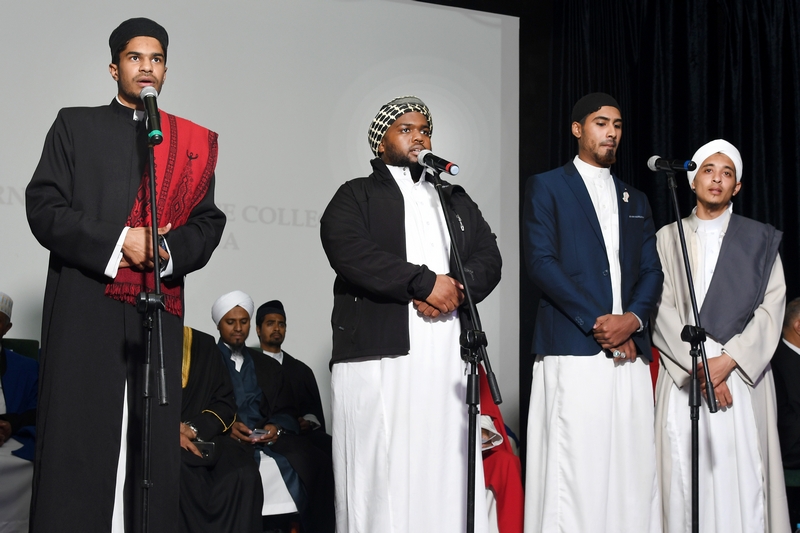
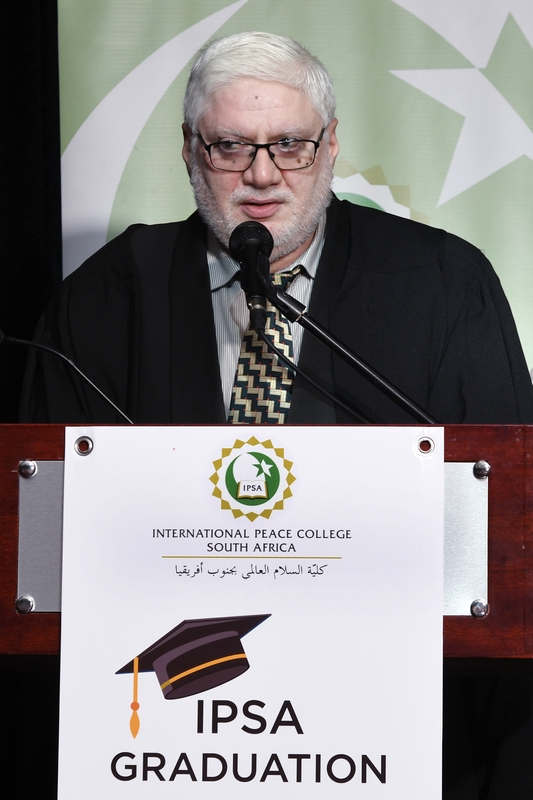
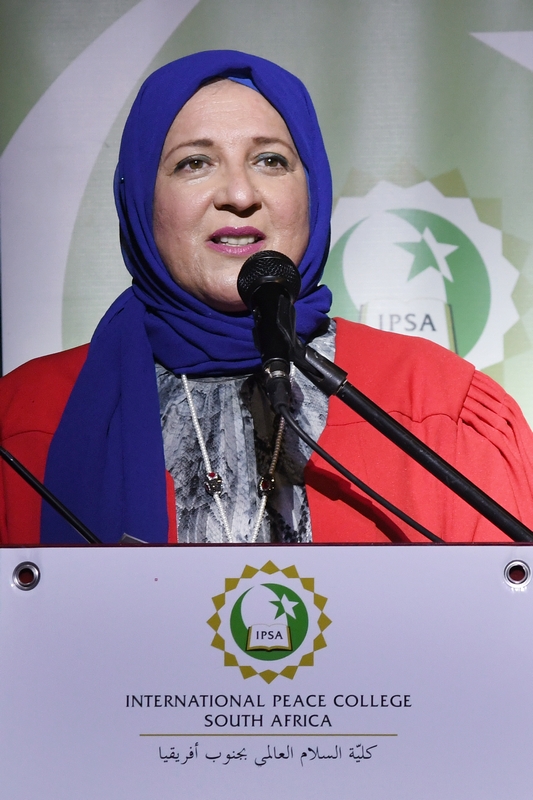
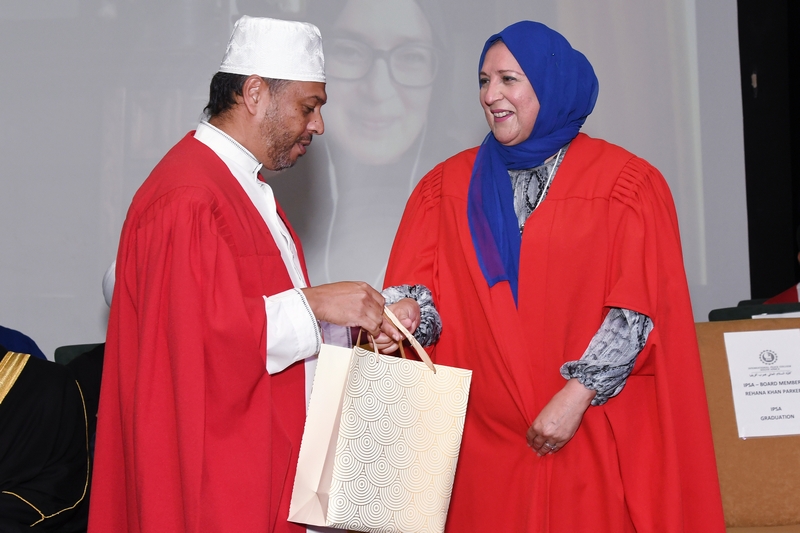
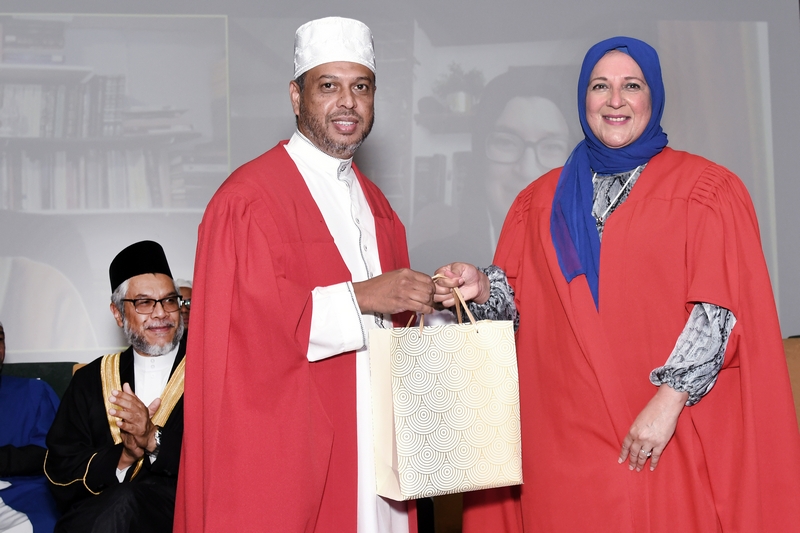
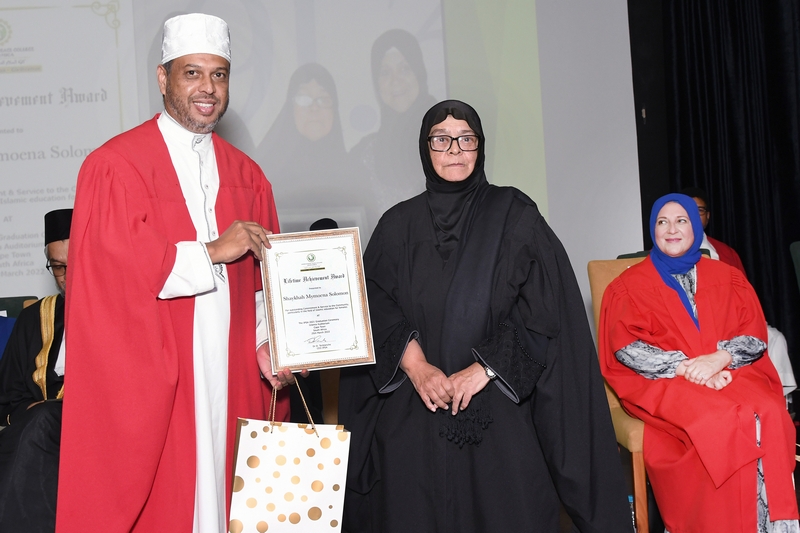
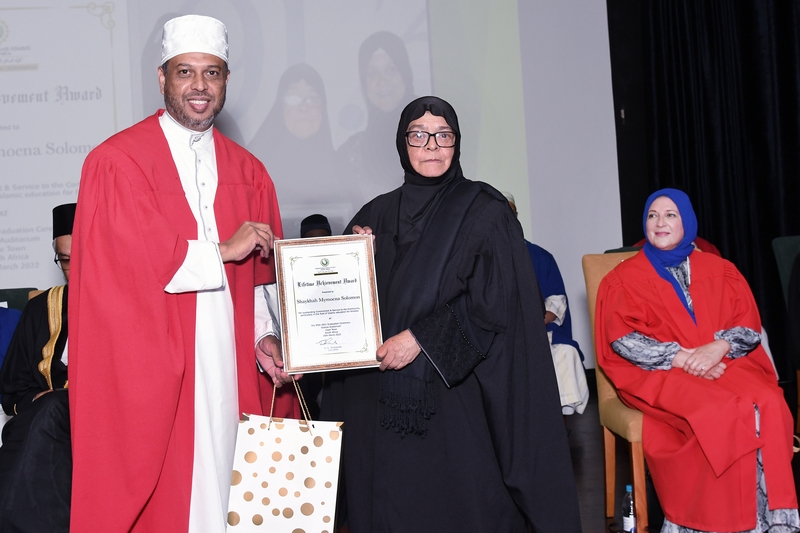
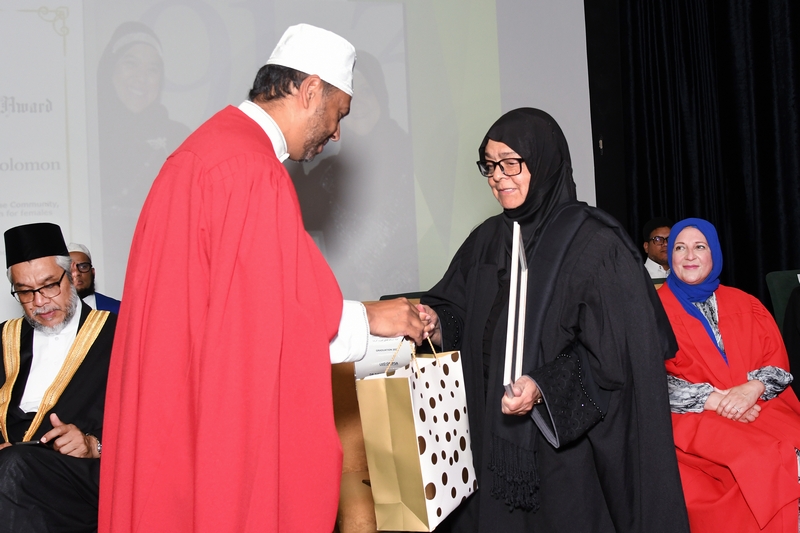
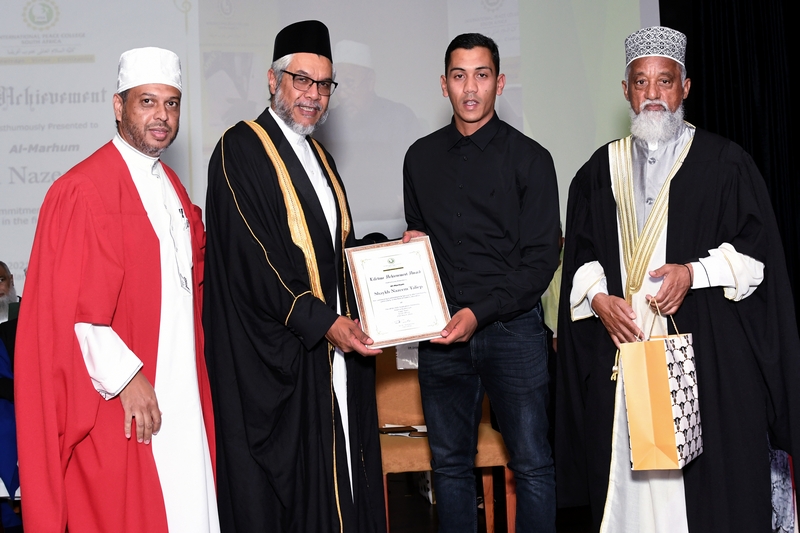
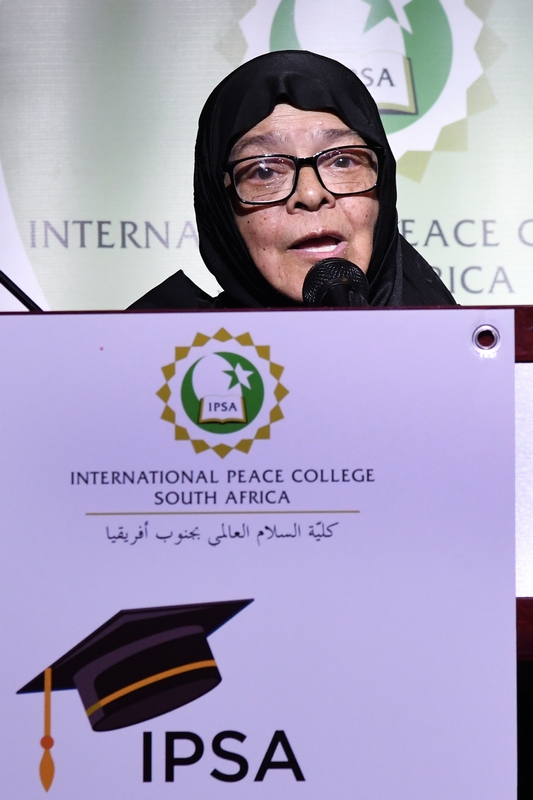



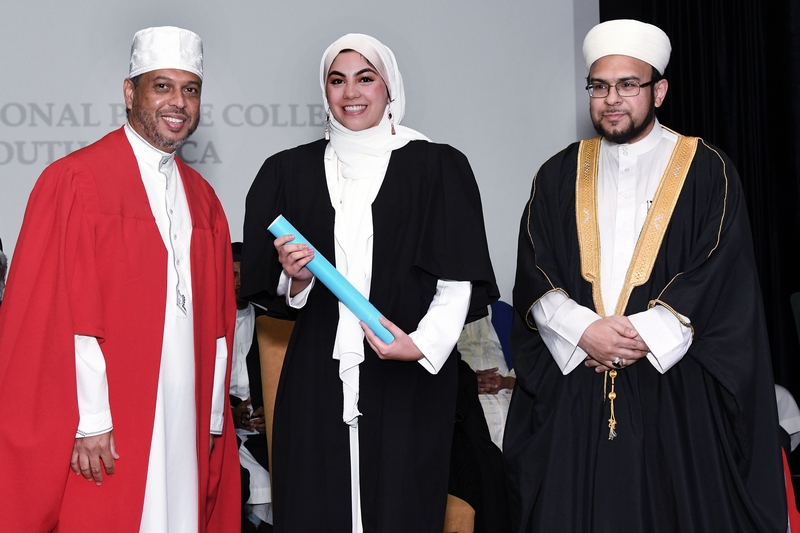
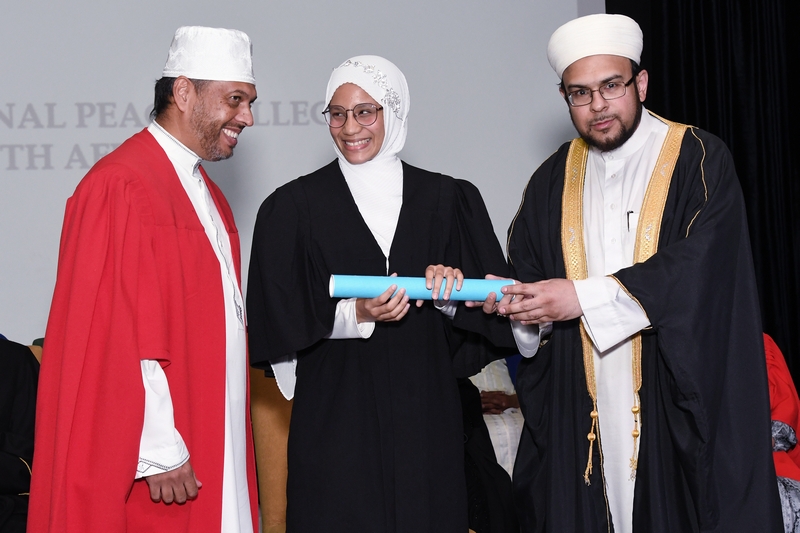

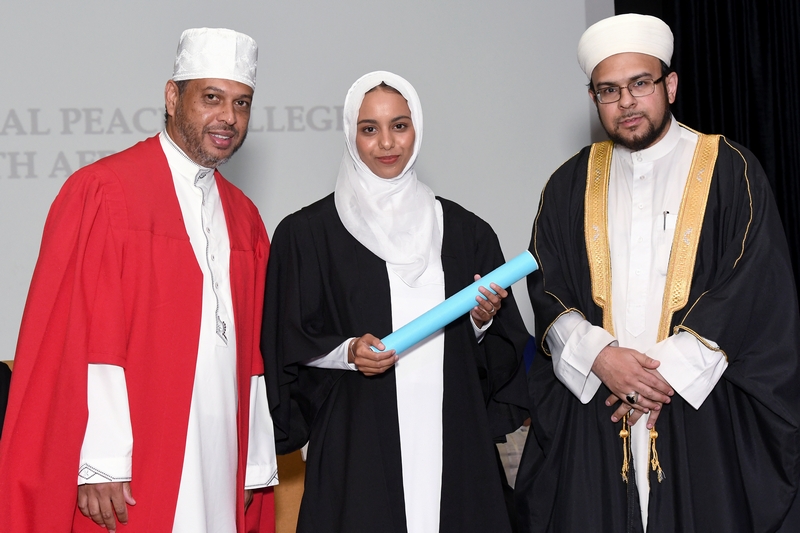
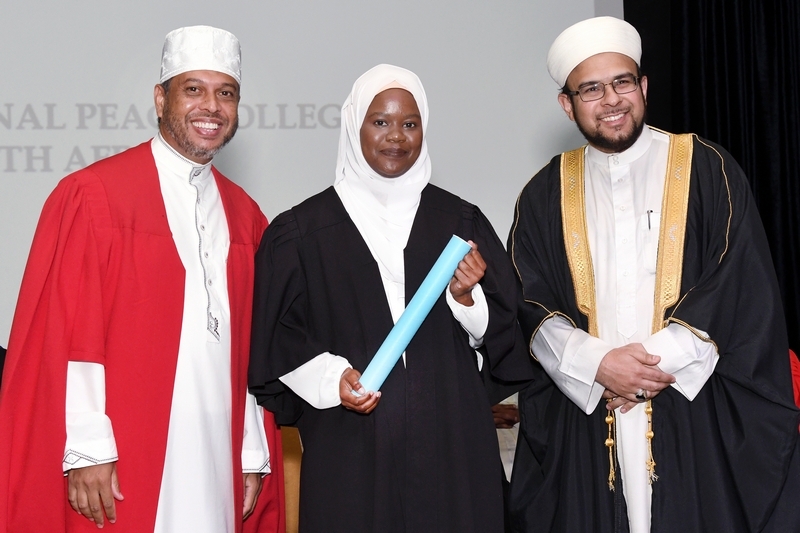

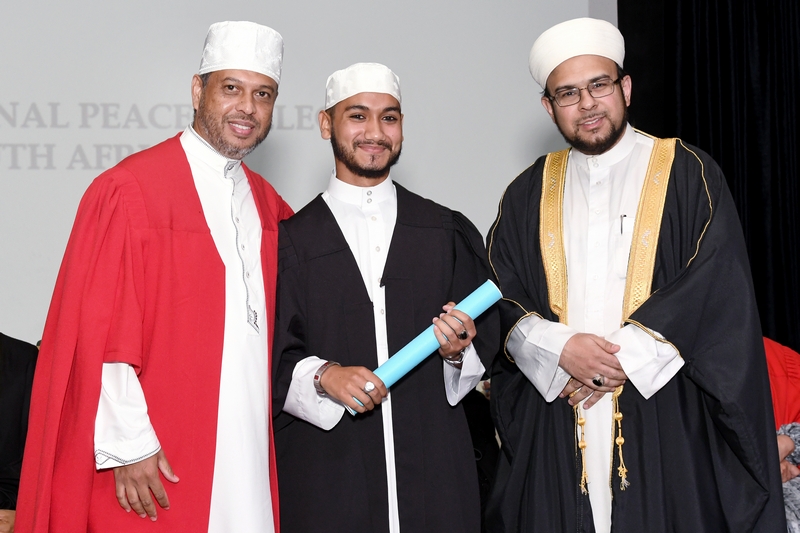
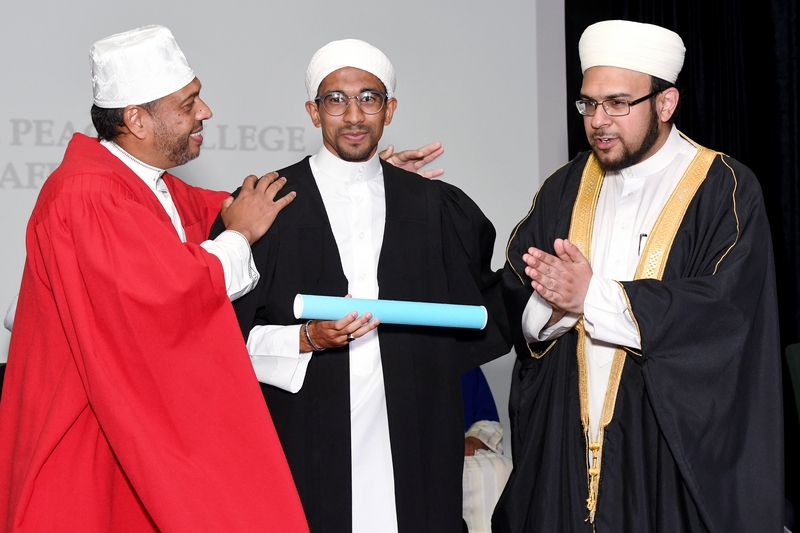
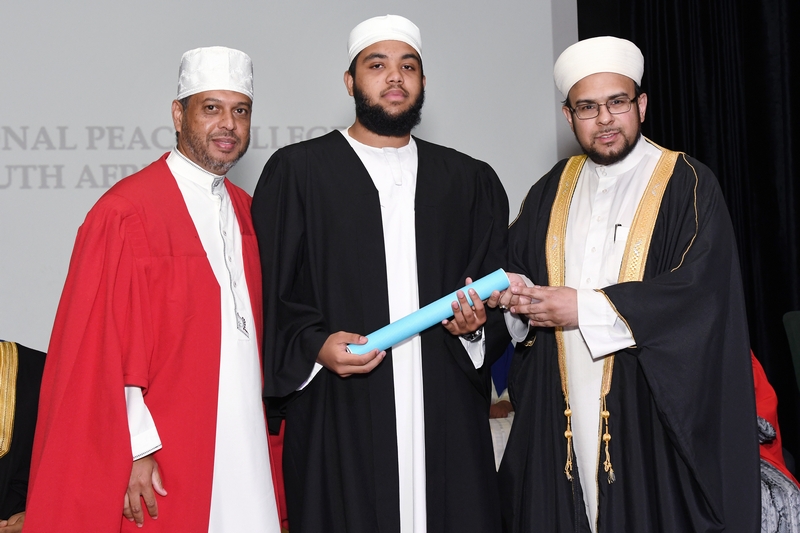
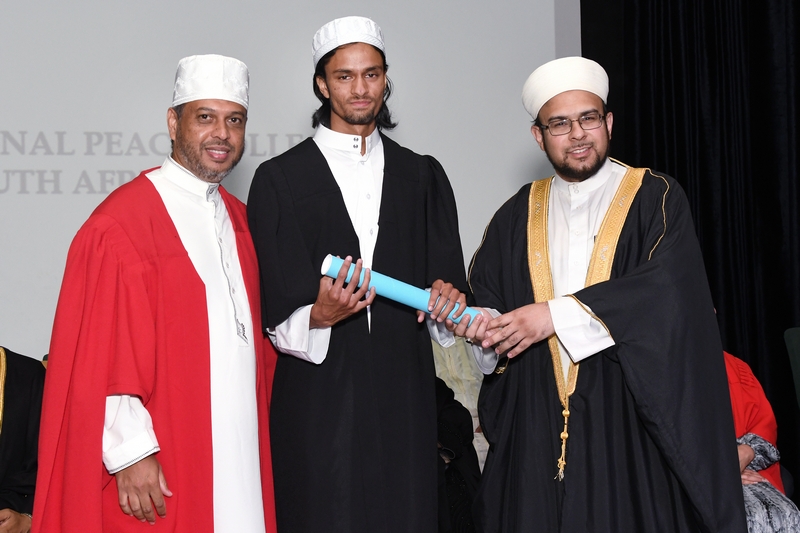
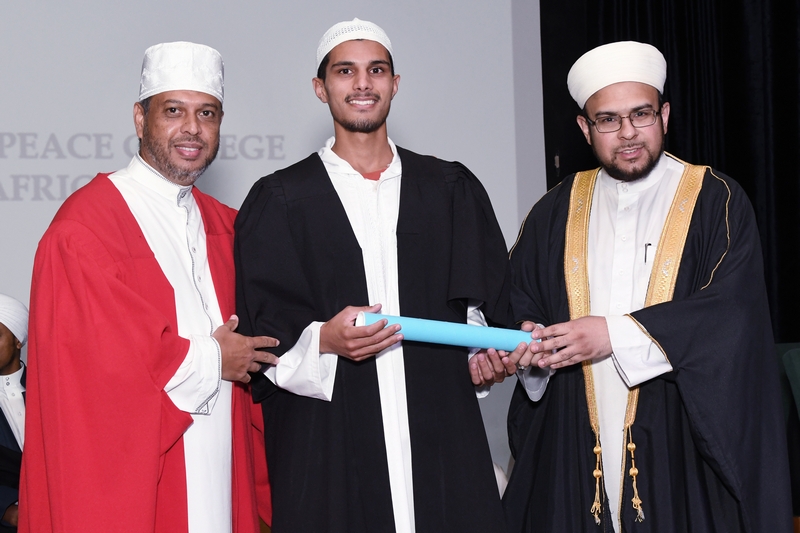
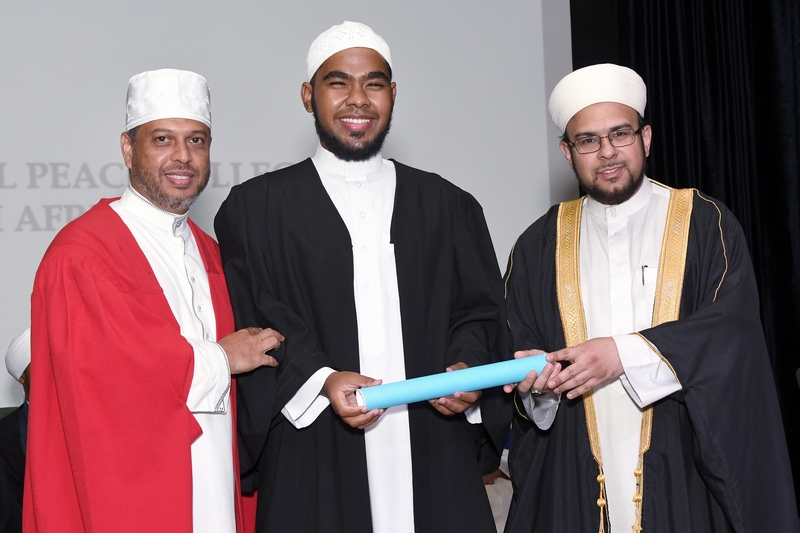
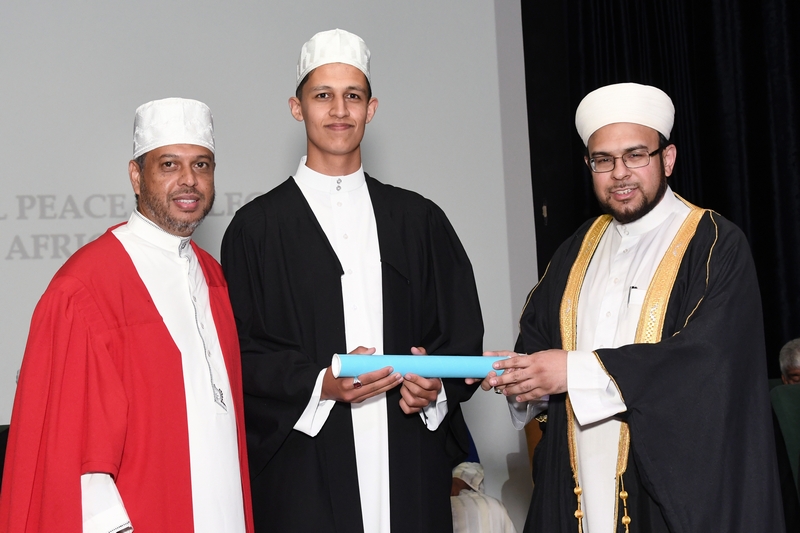
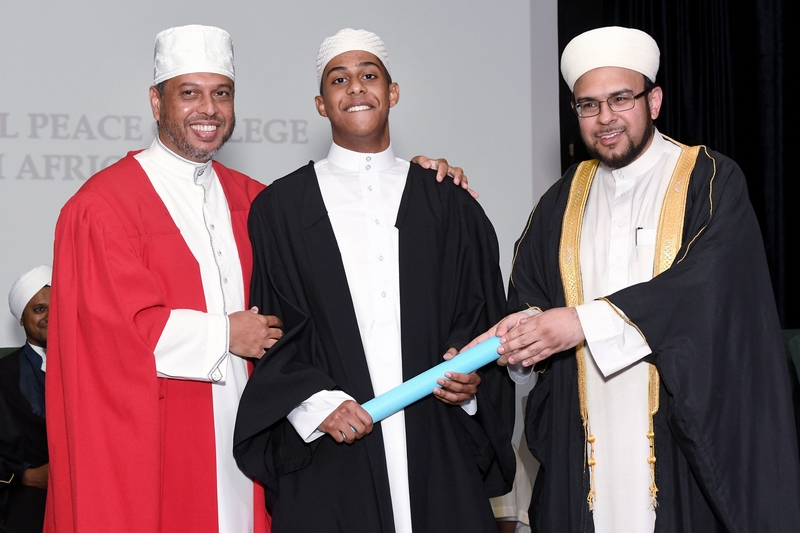

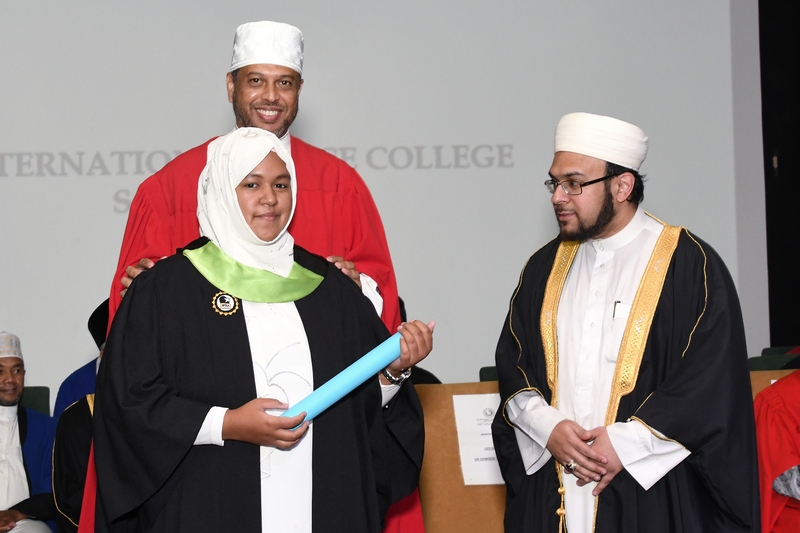

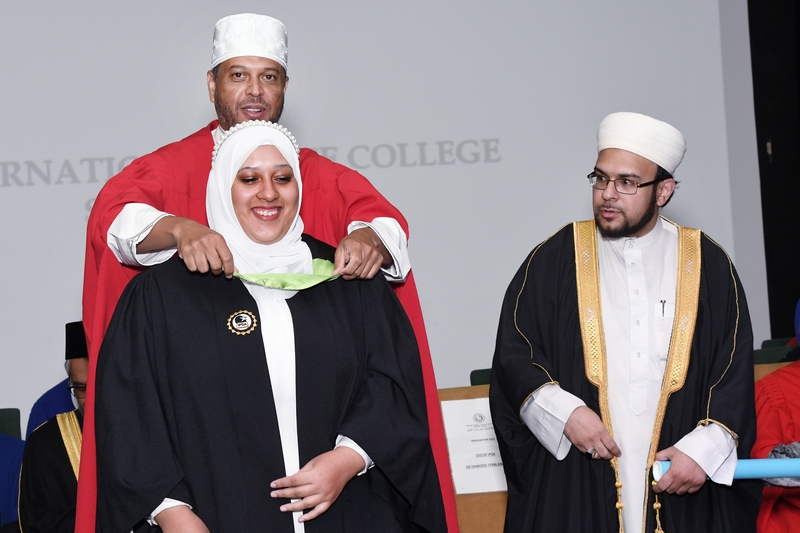

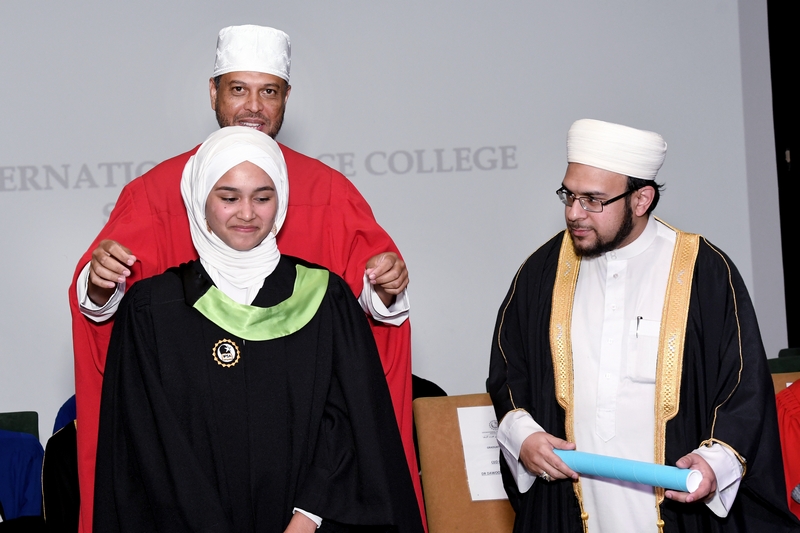
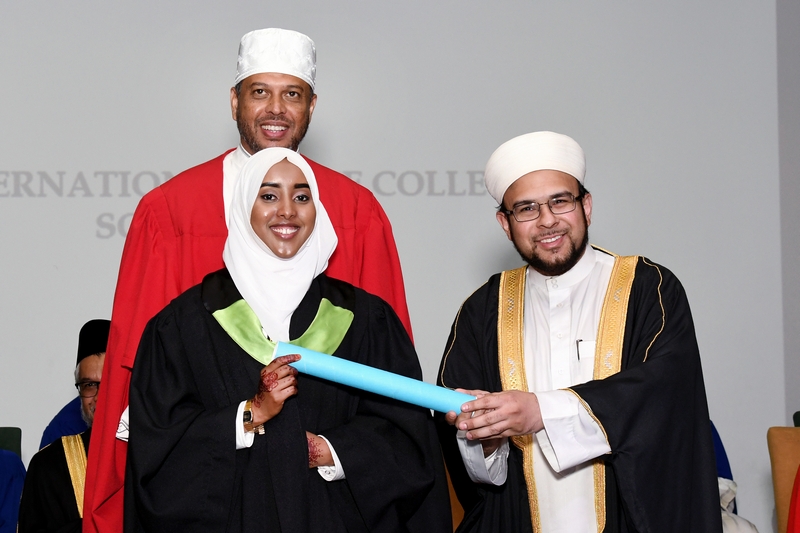
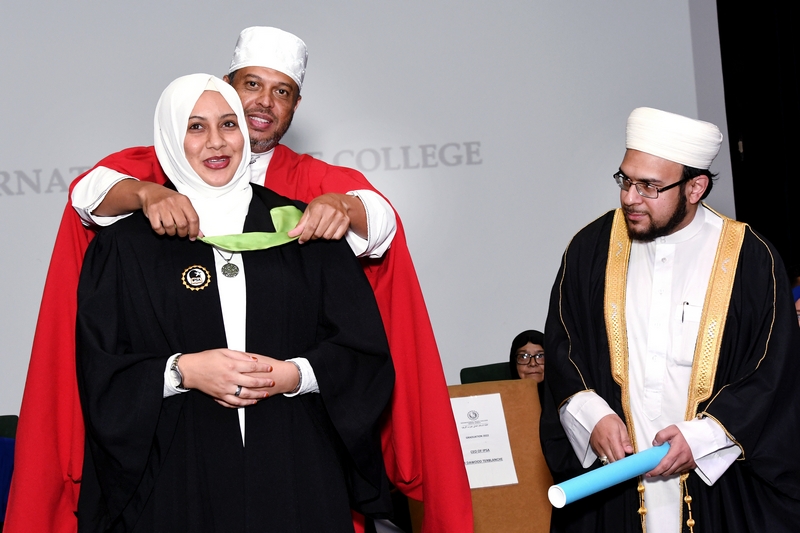
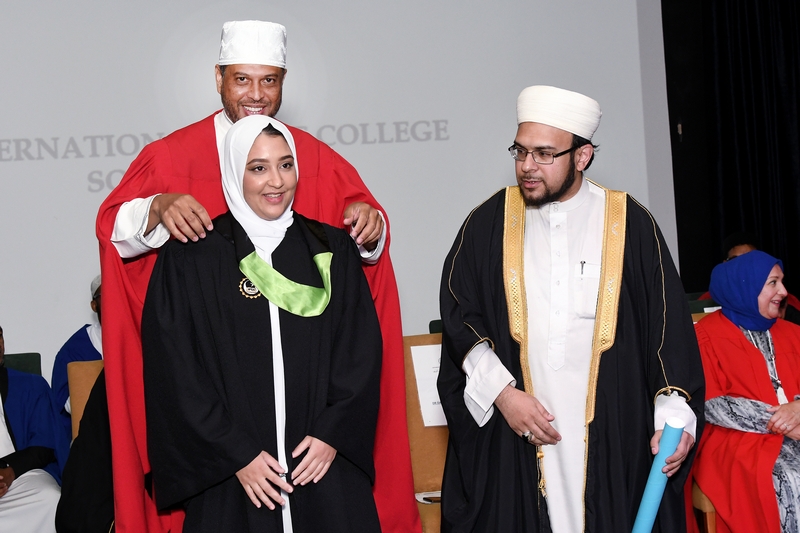
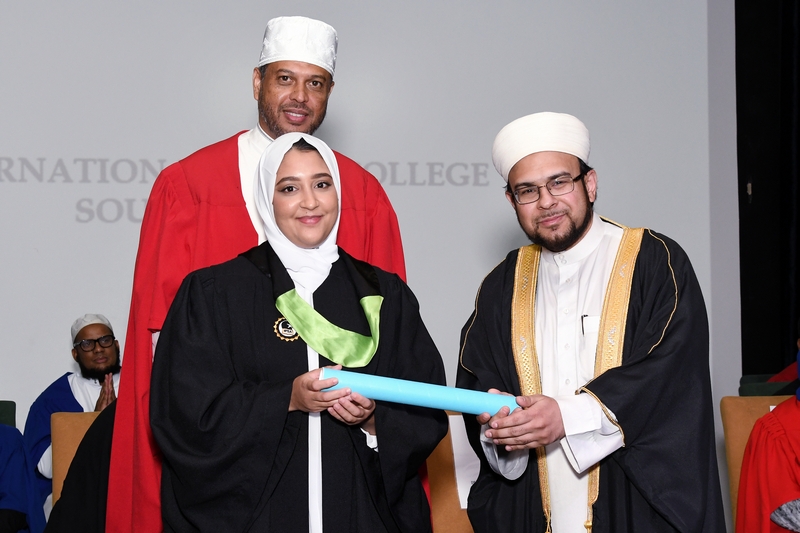
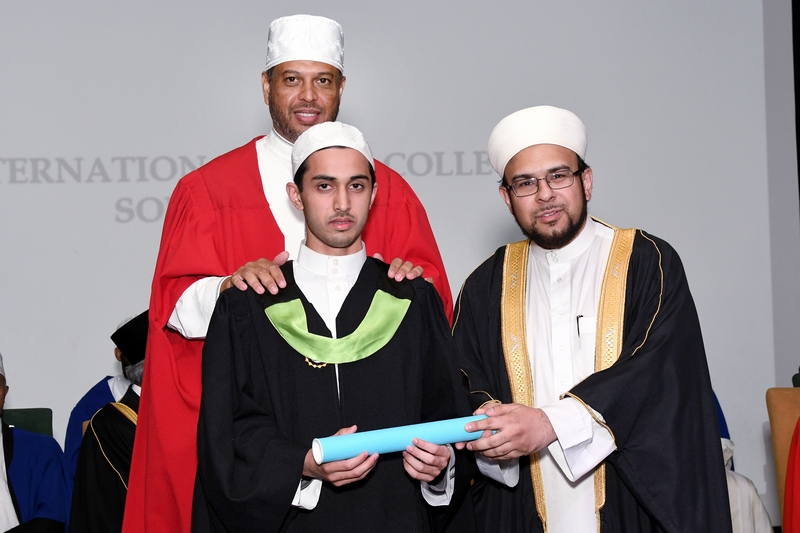
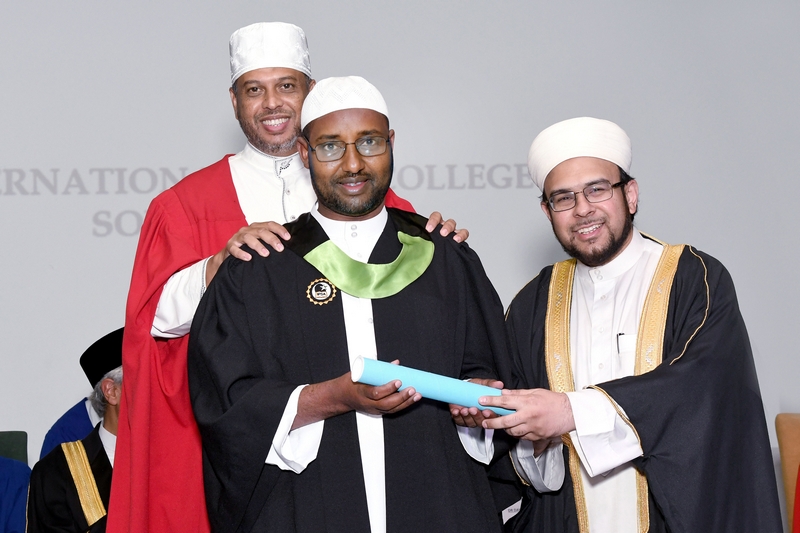
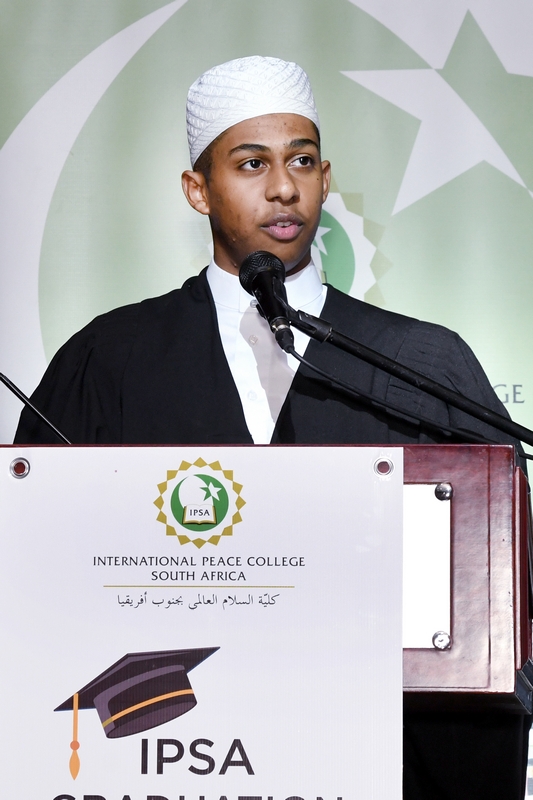

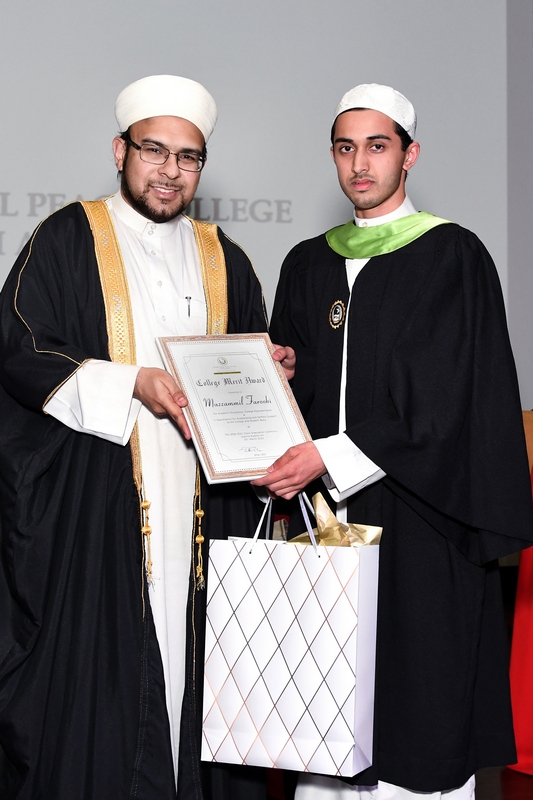
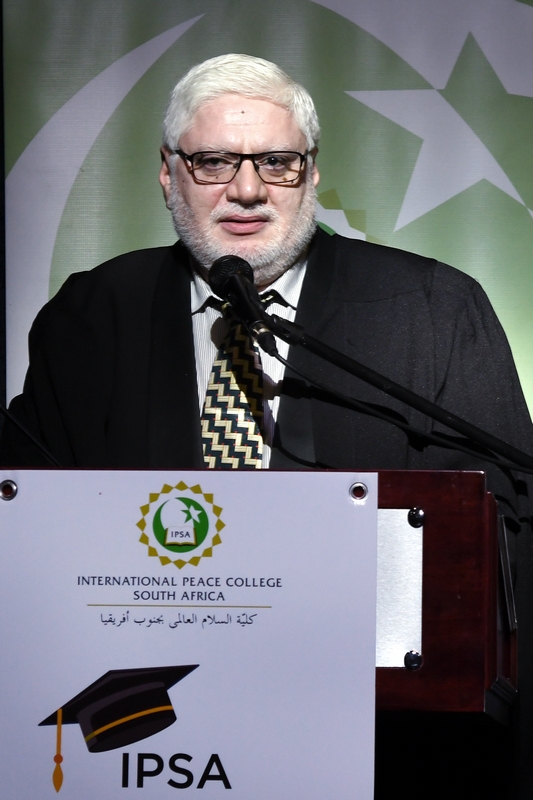
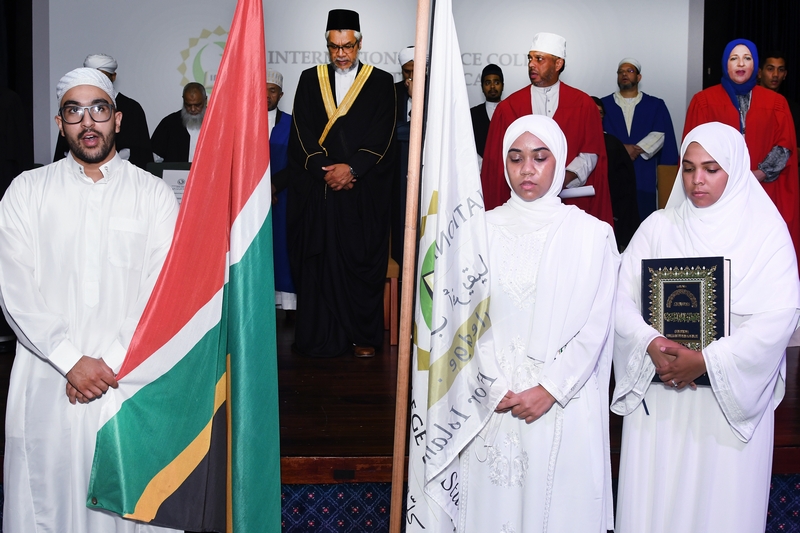
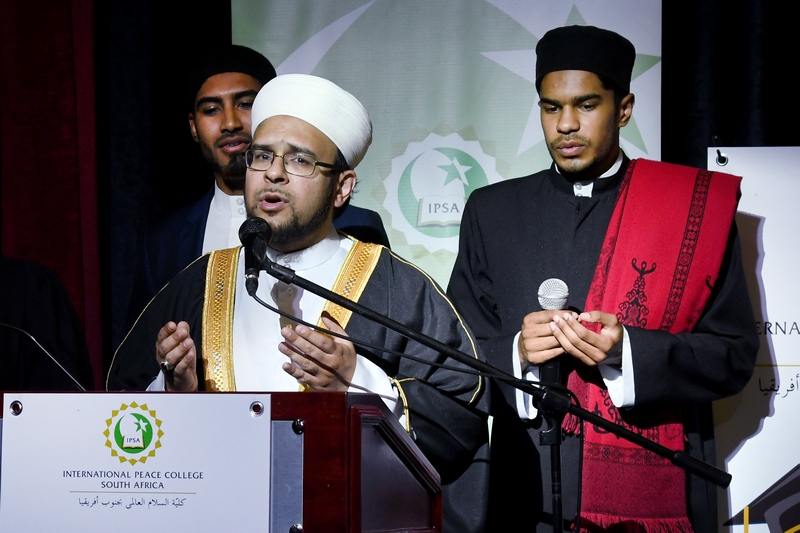
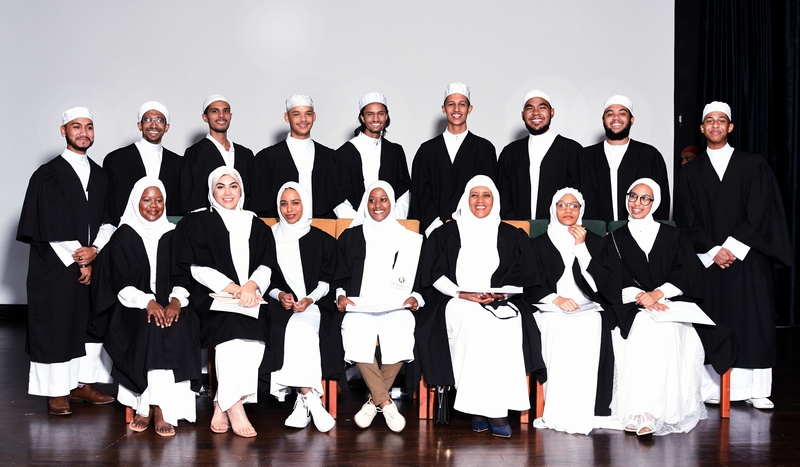

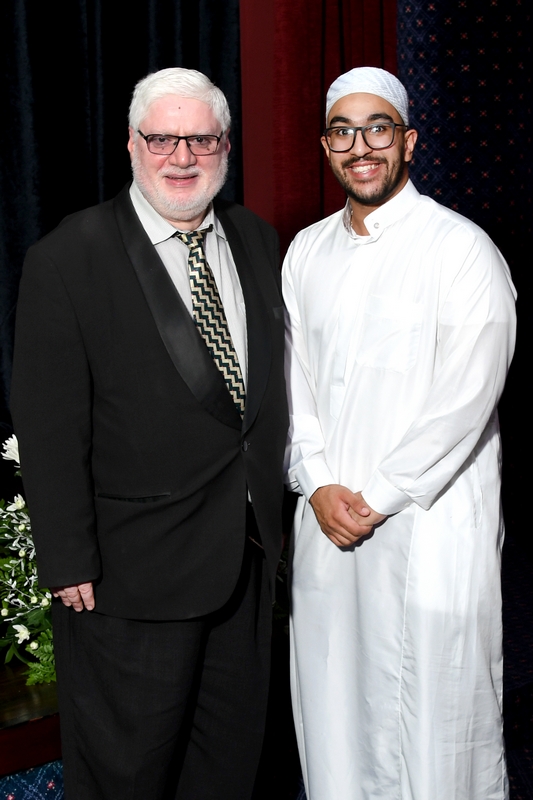
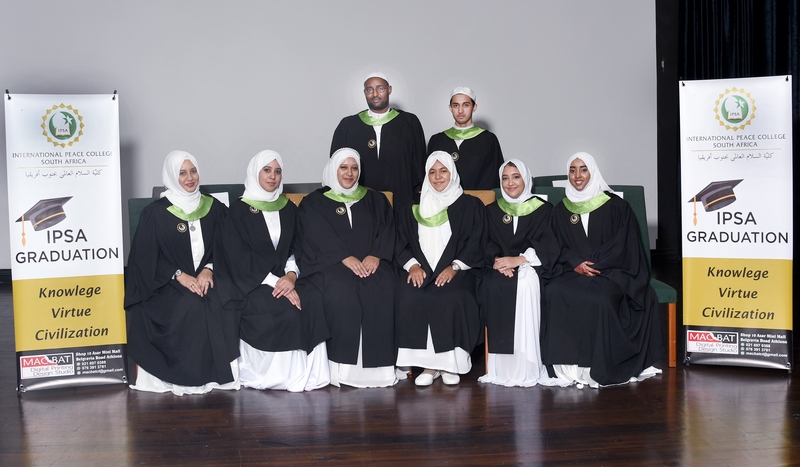
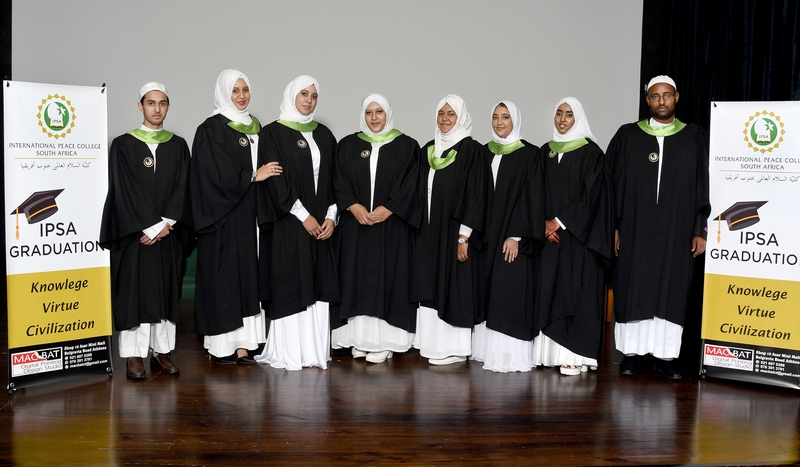
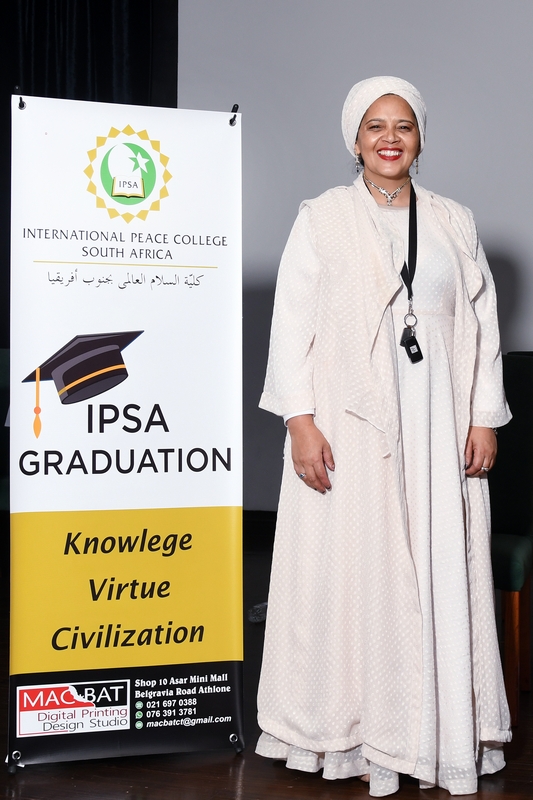
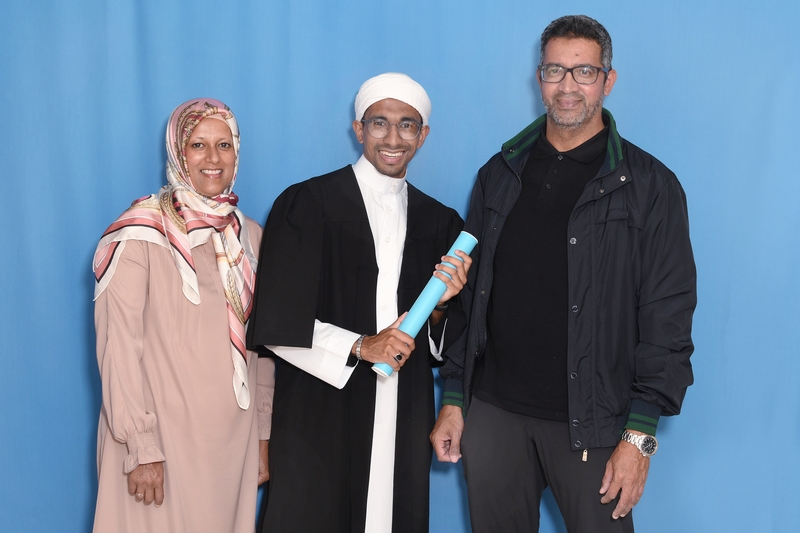
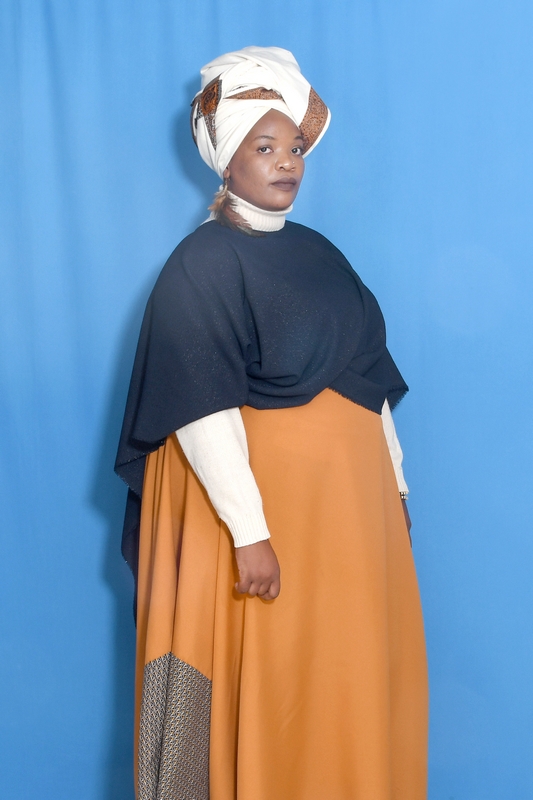
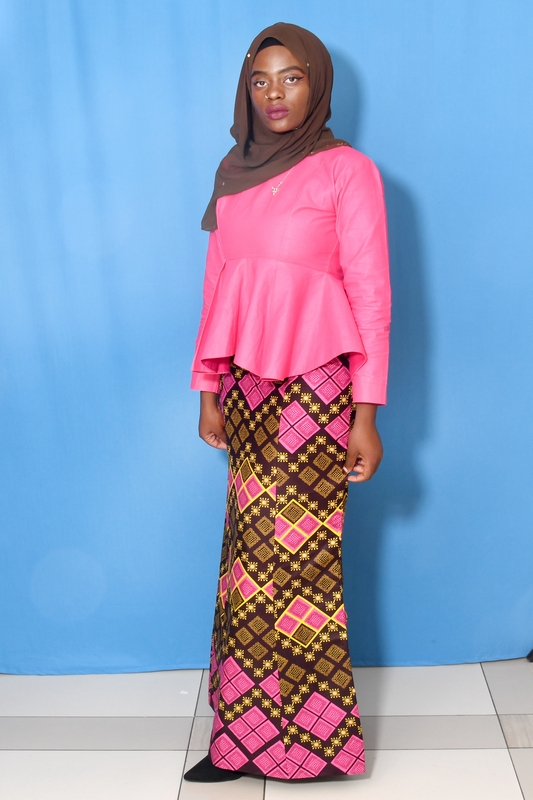
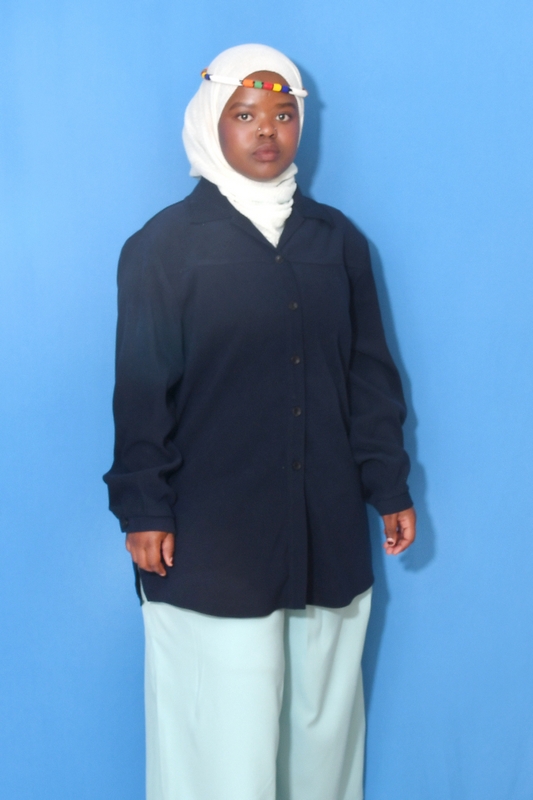
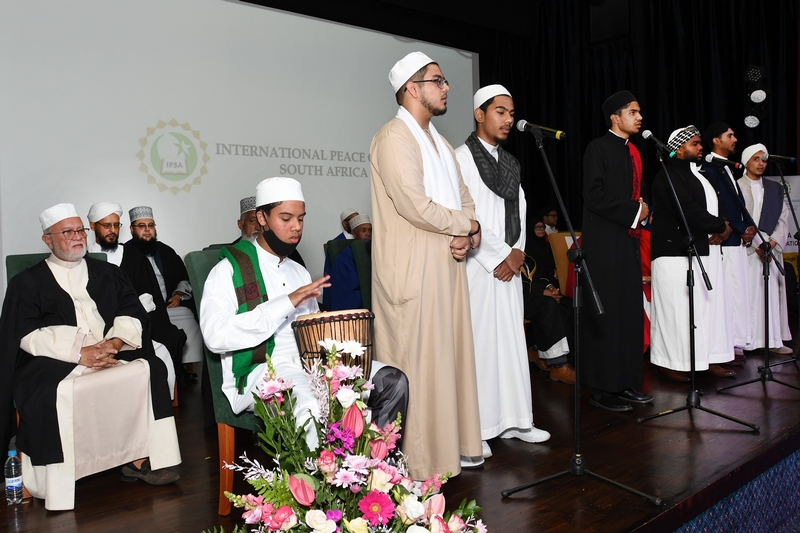
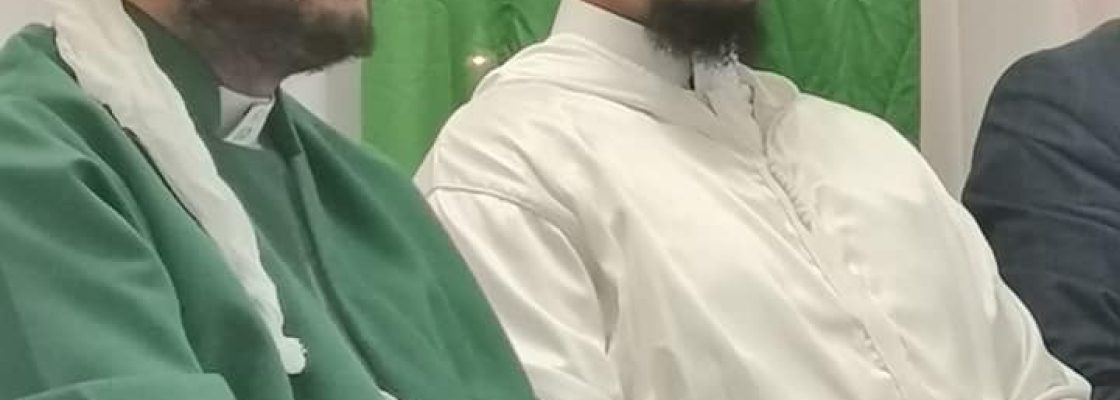
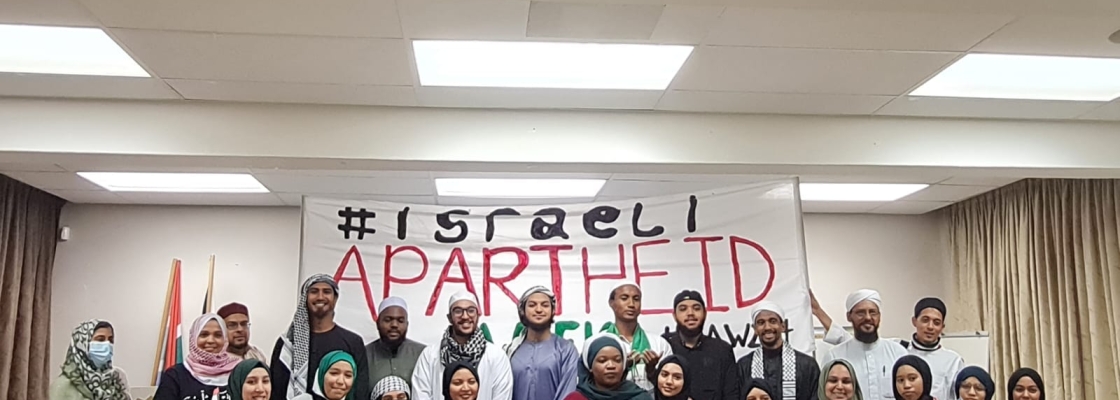
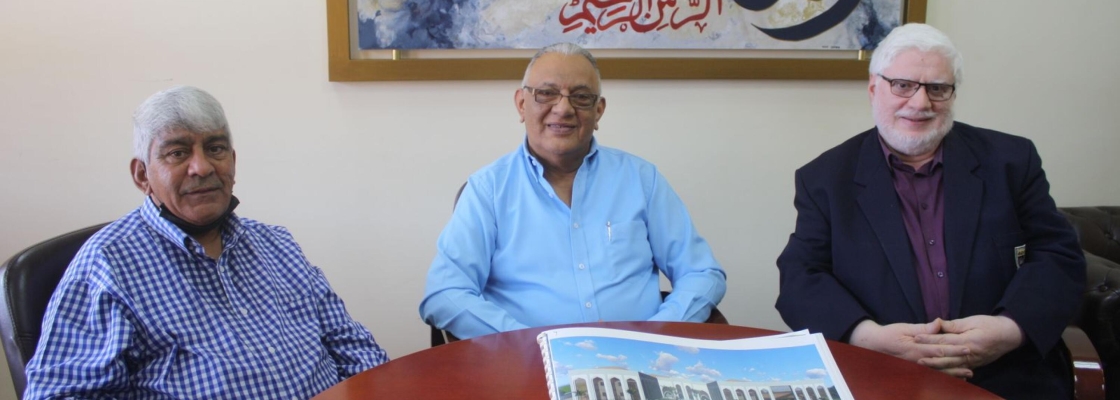

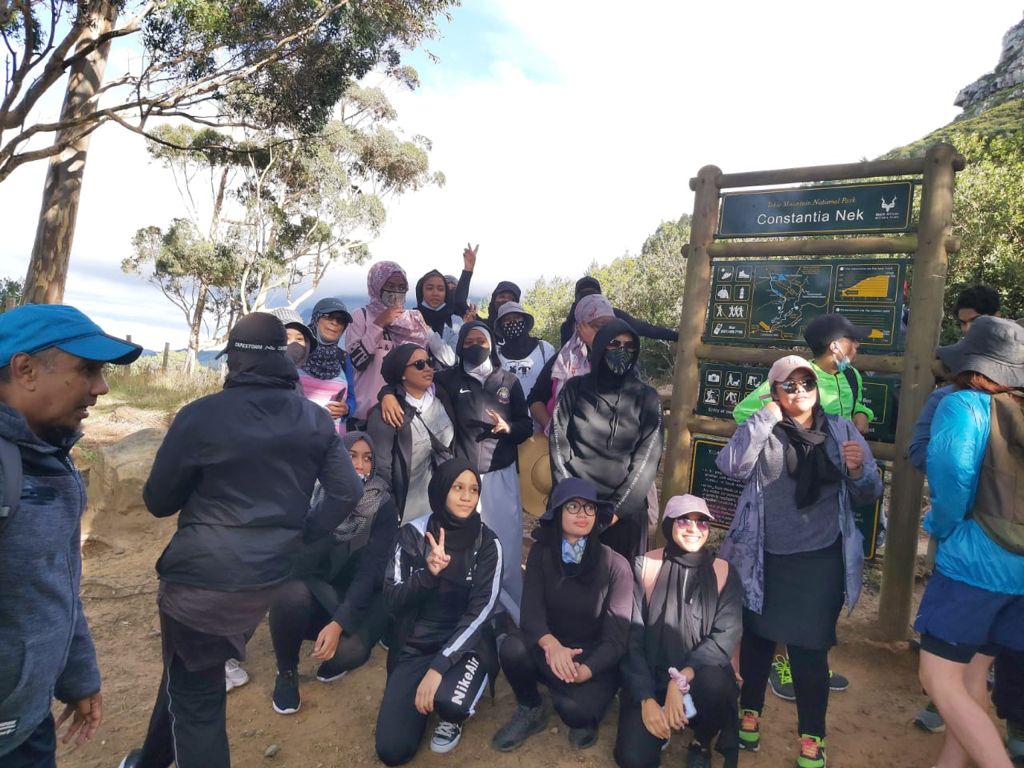
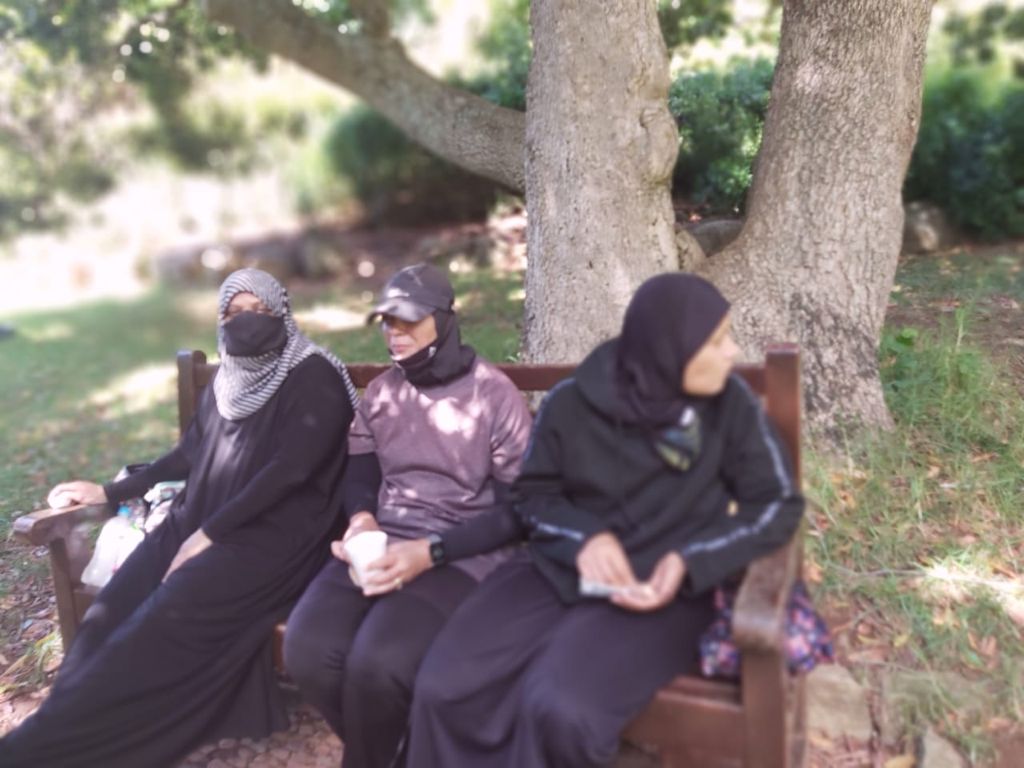
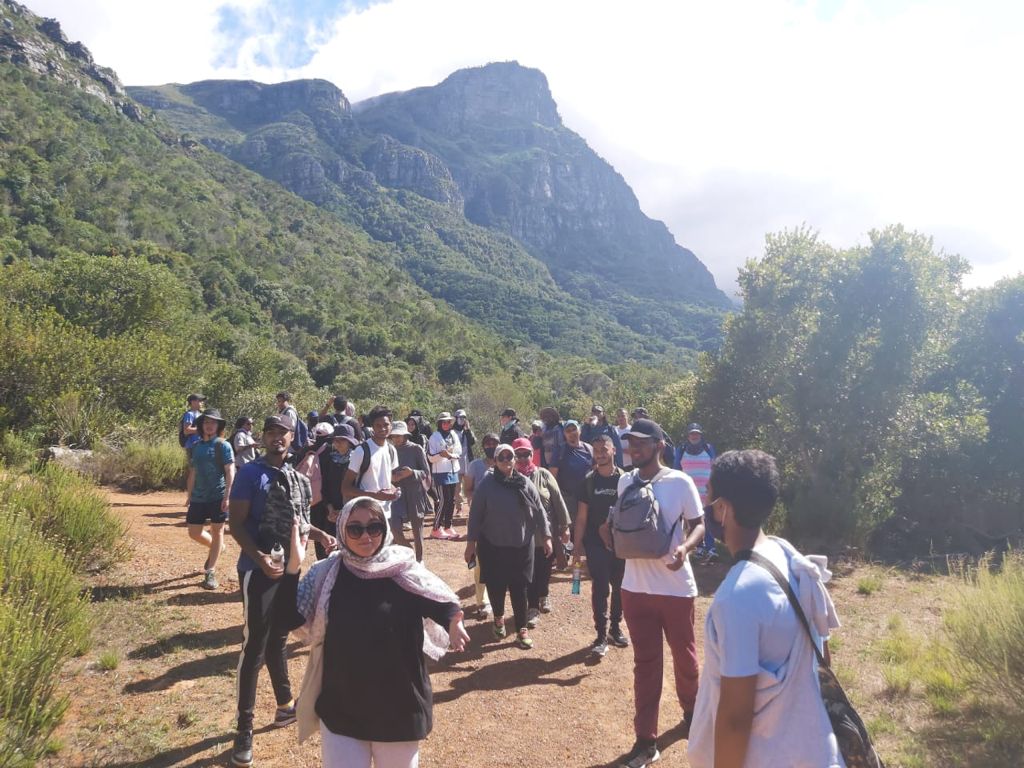
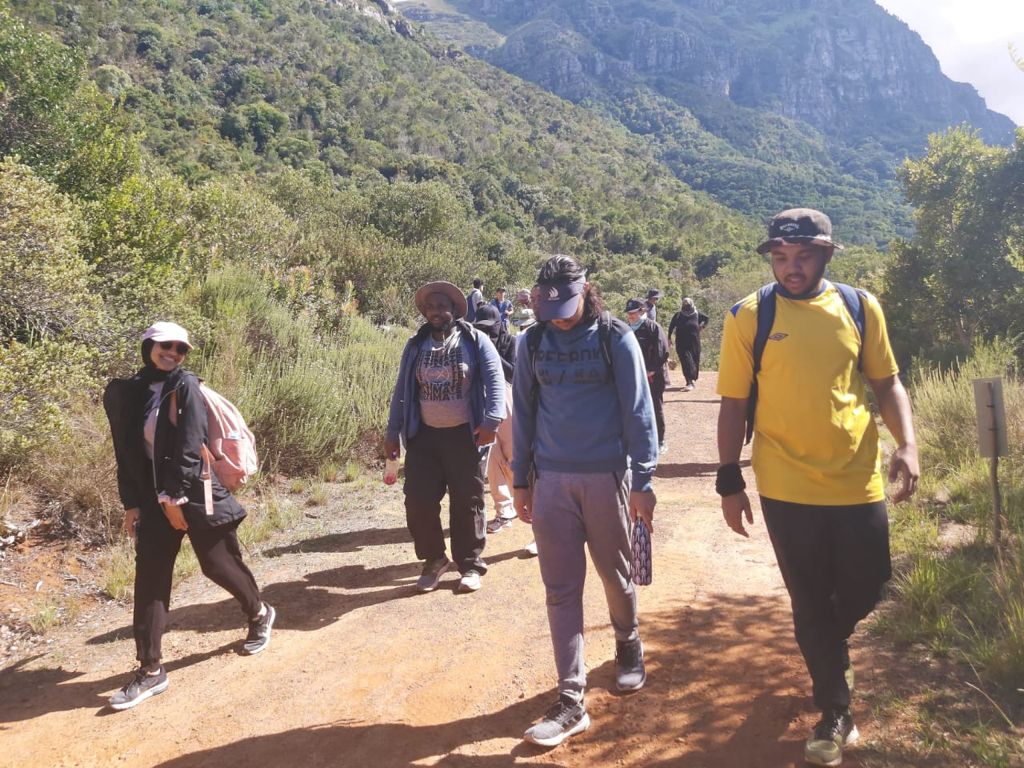

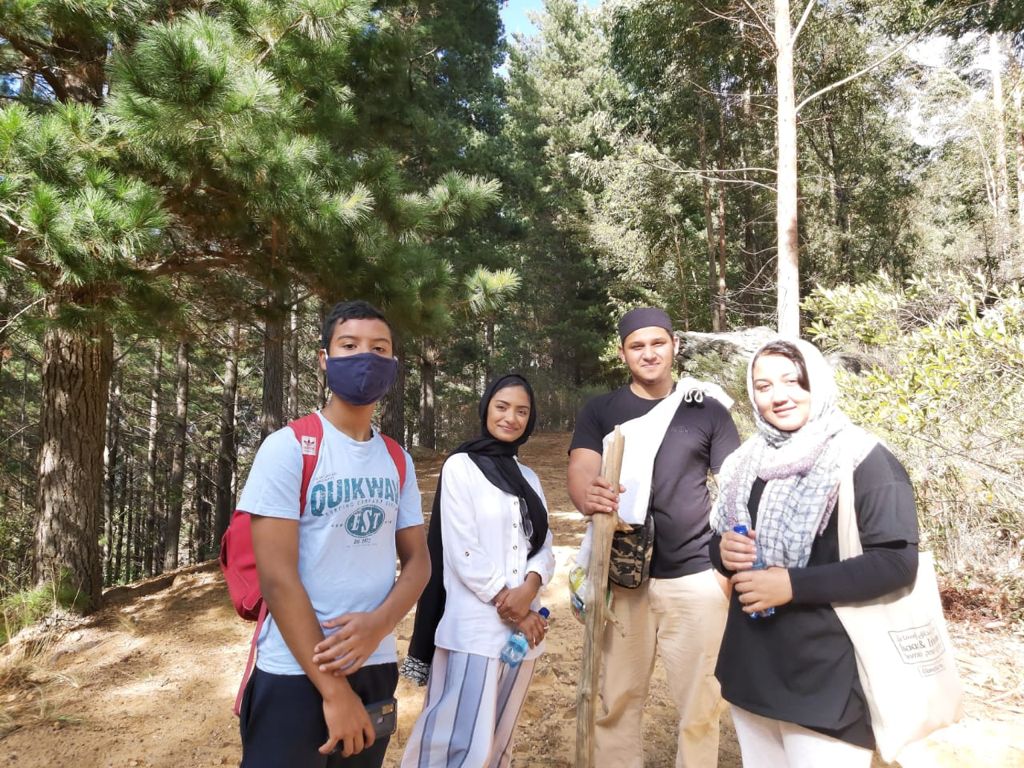




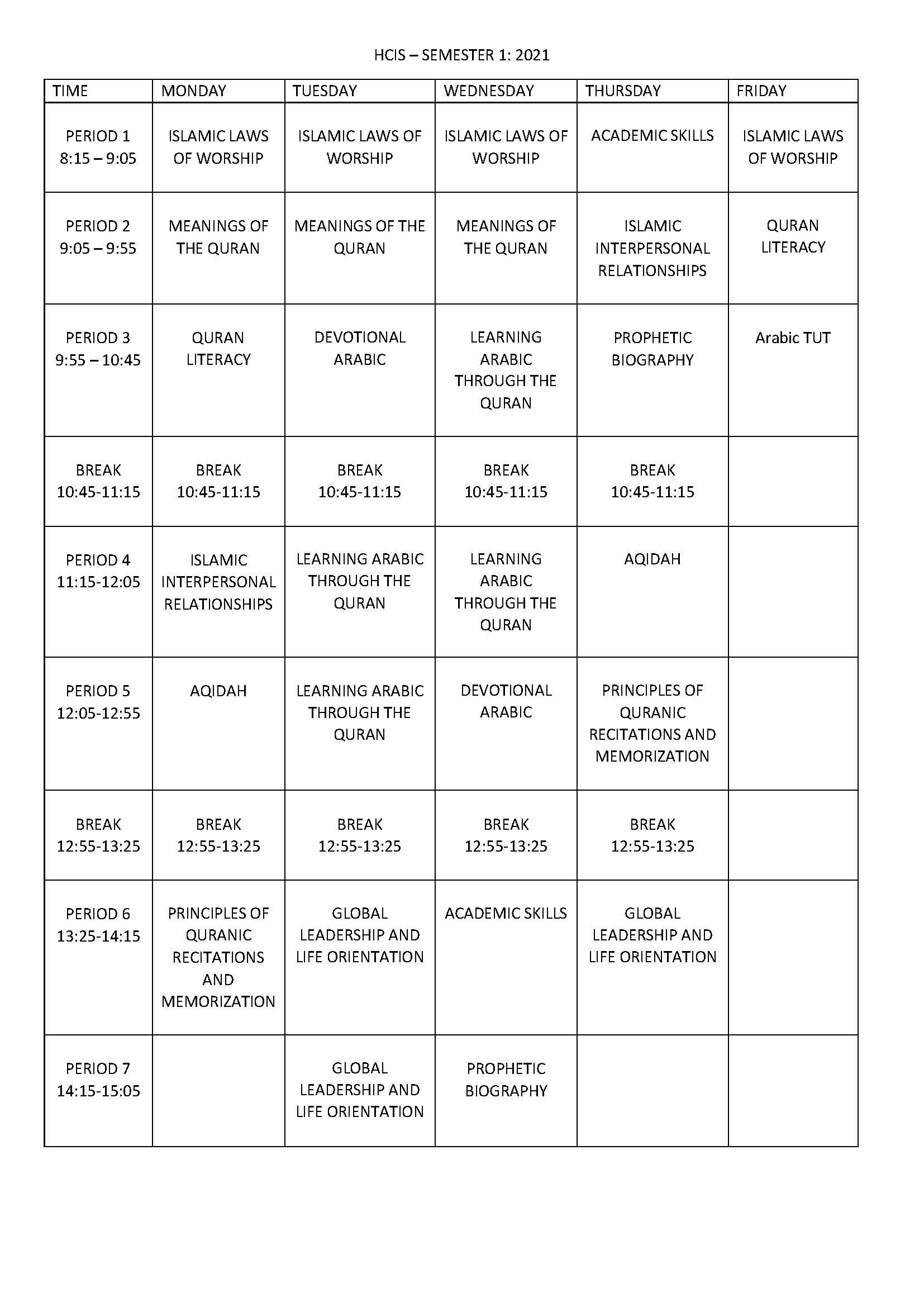
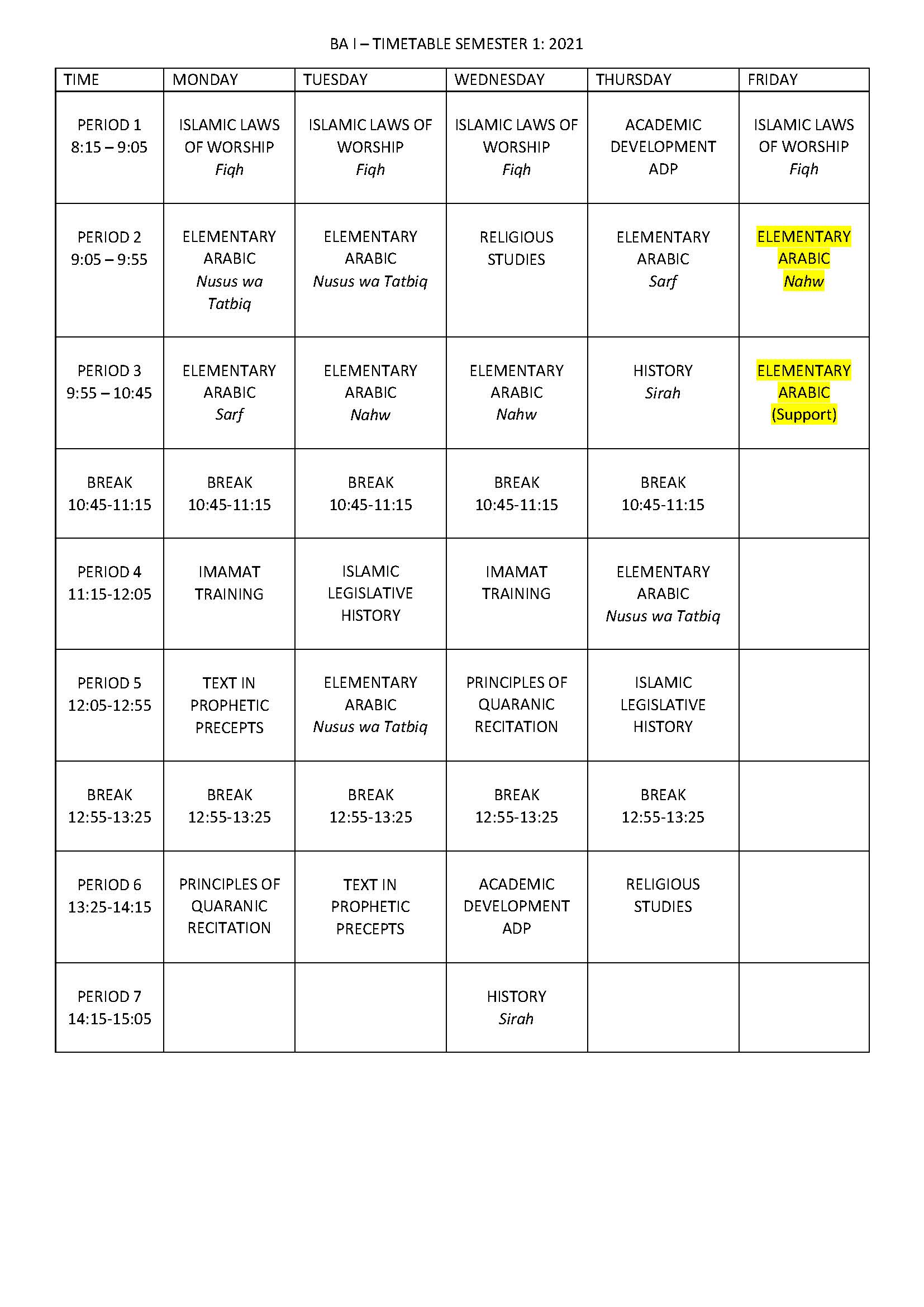
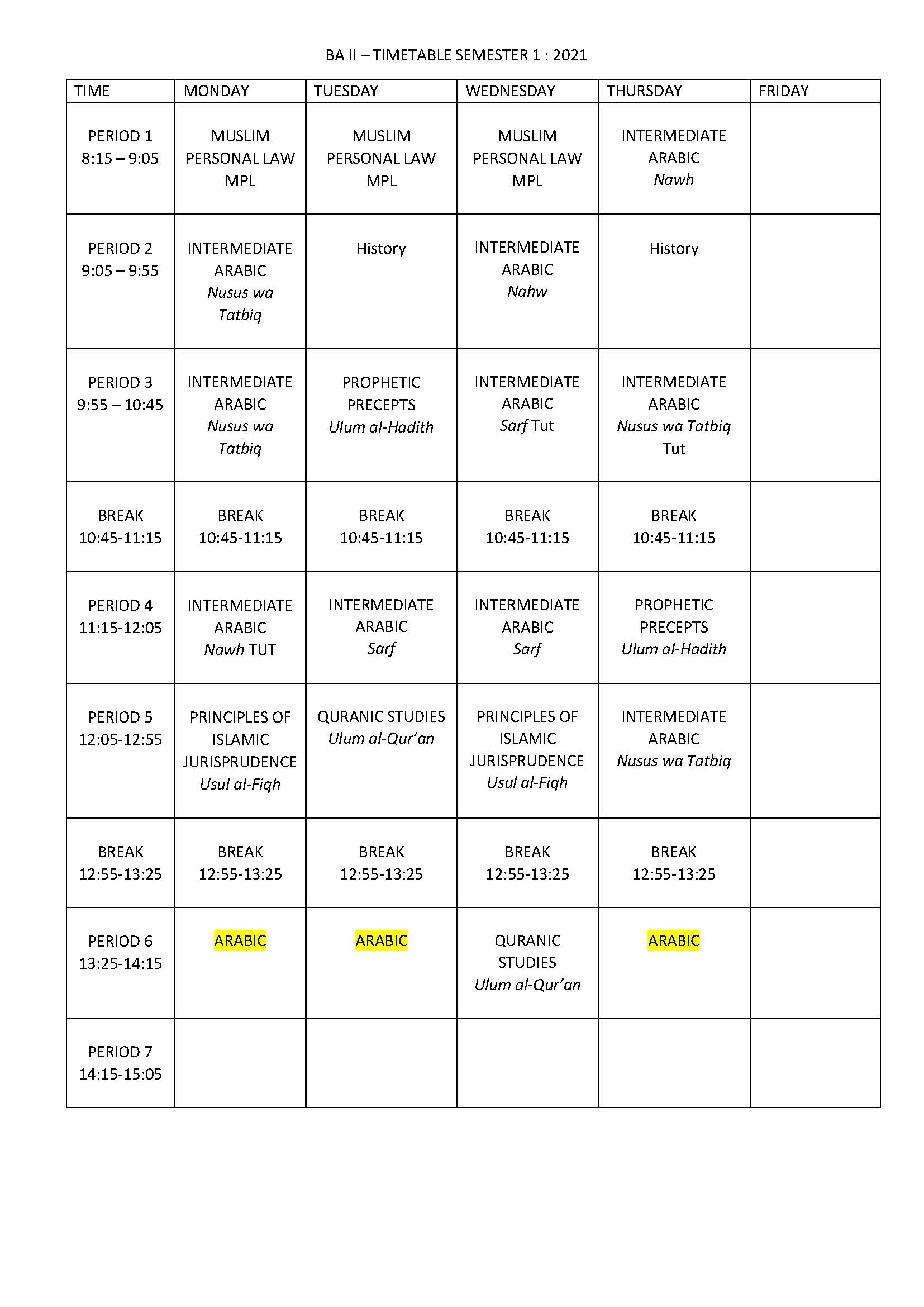
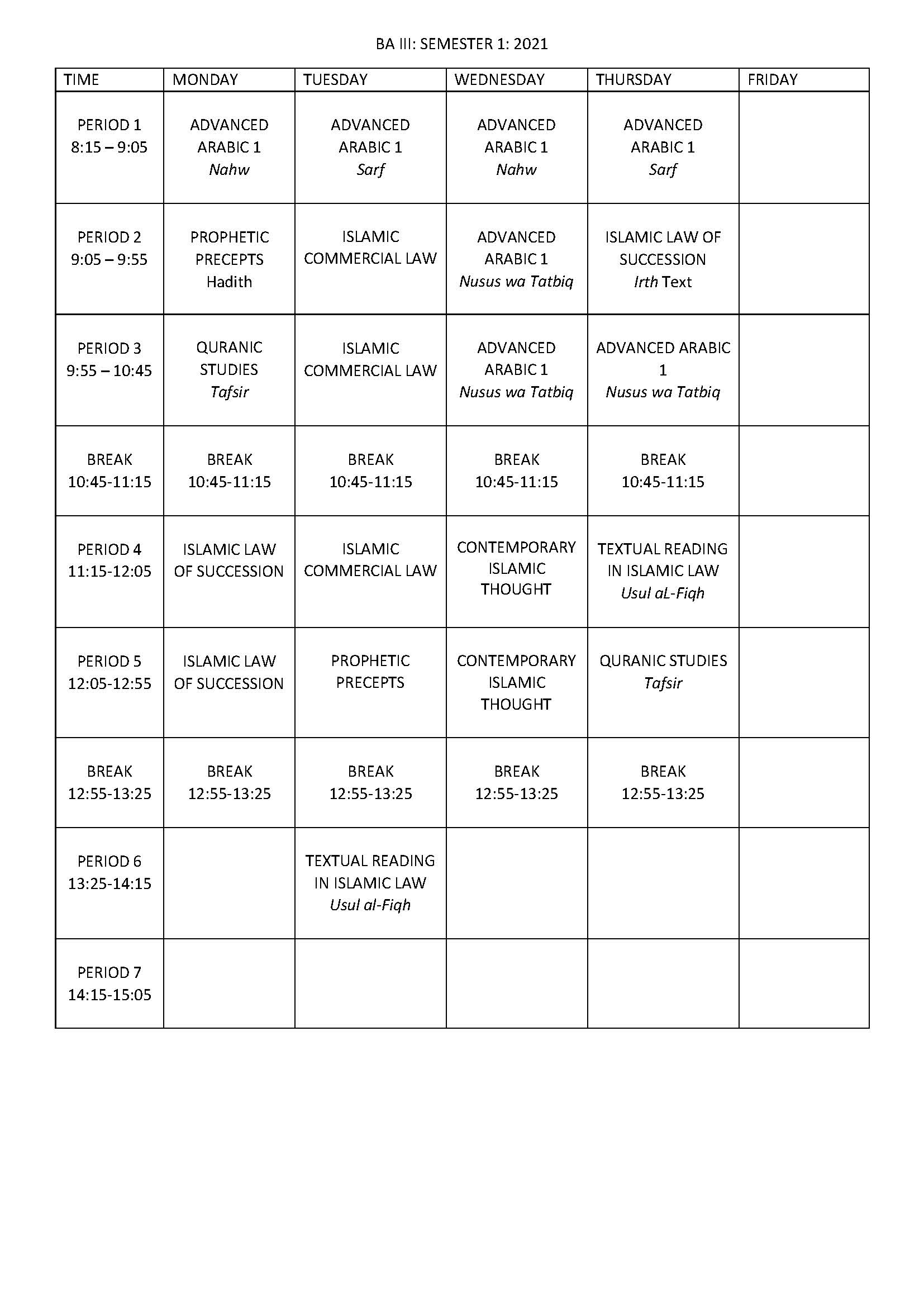







 Donate
Donate